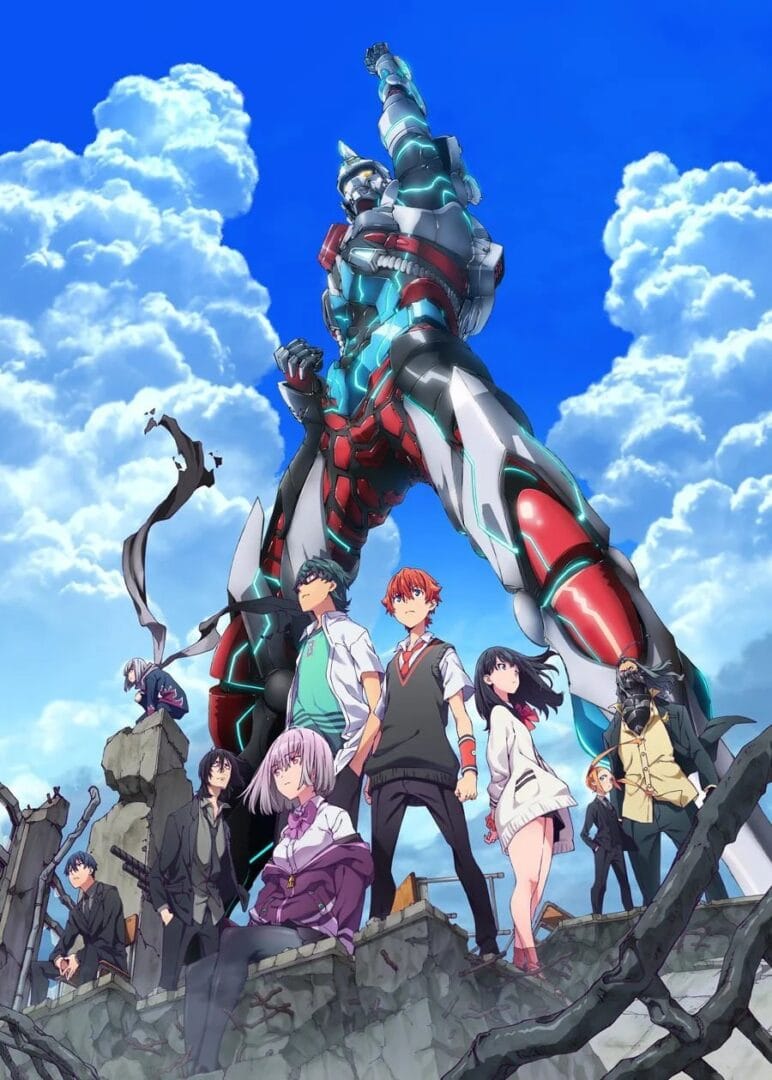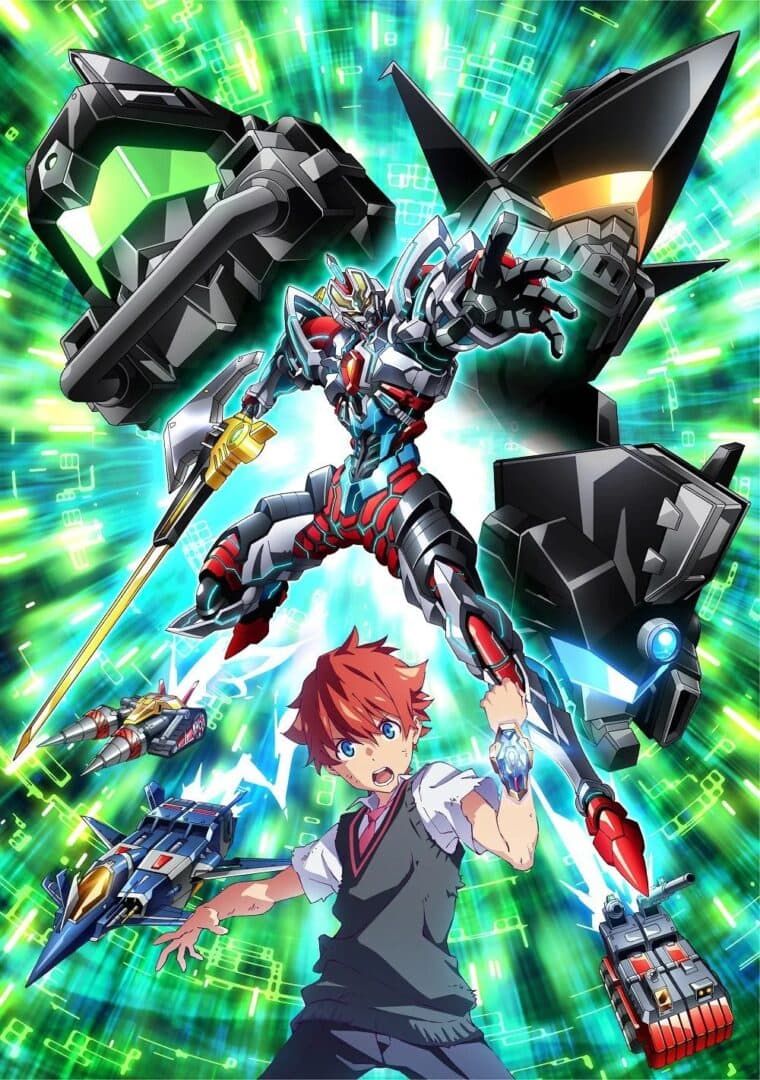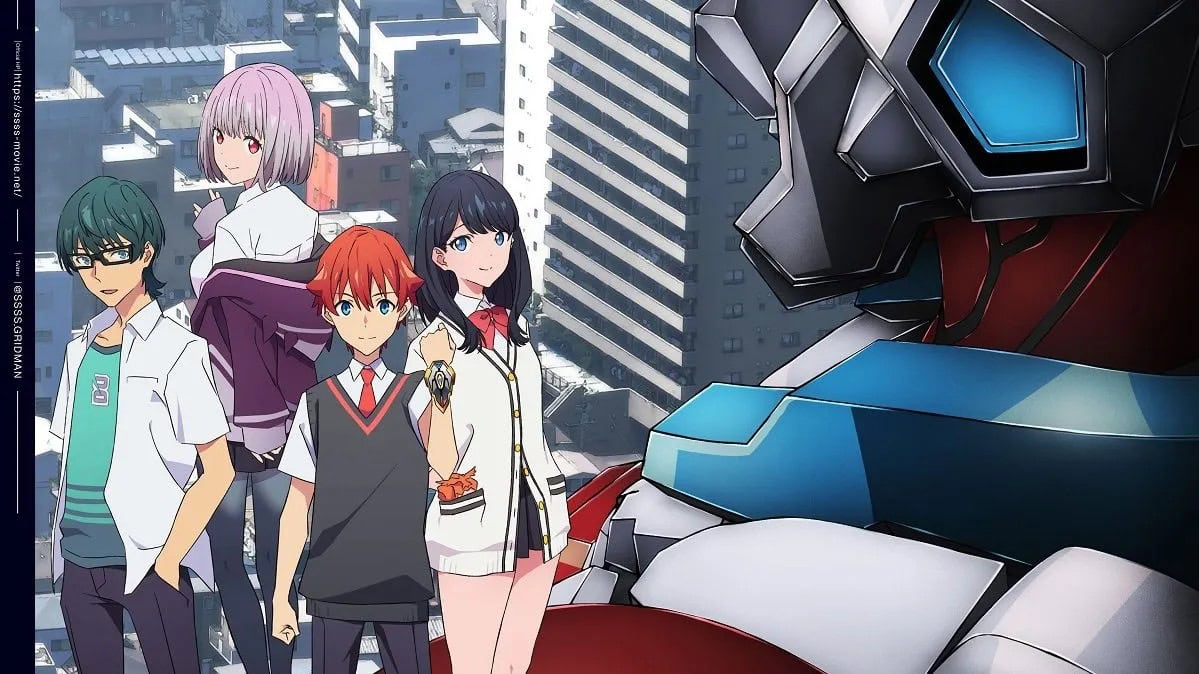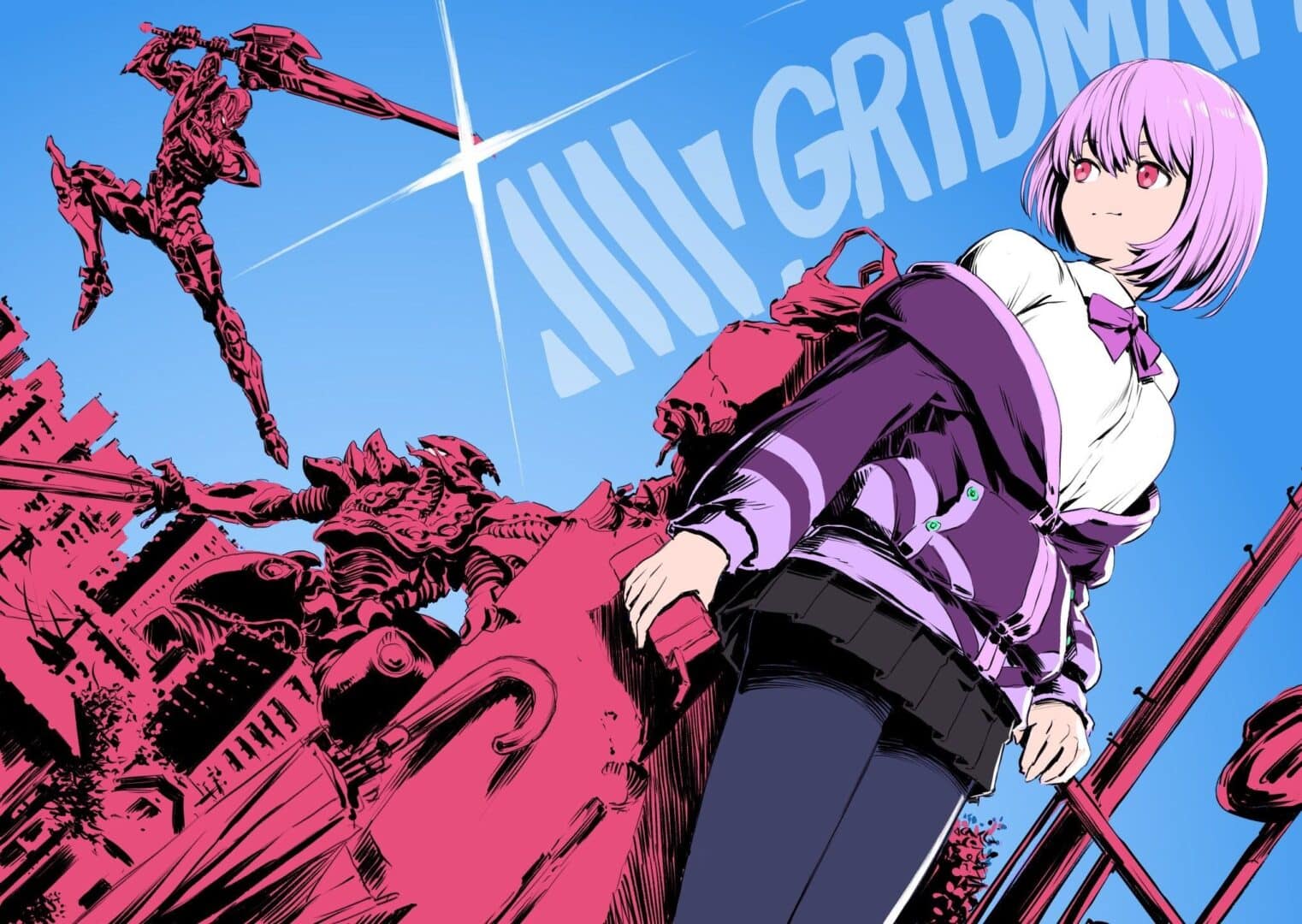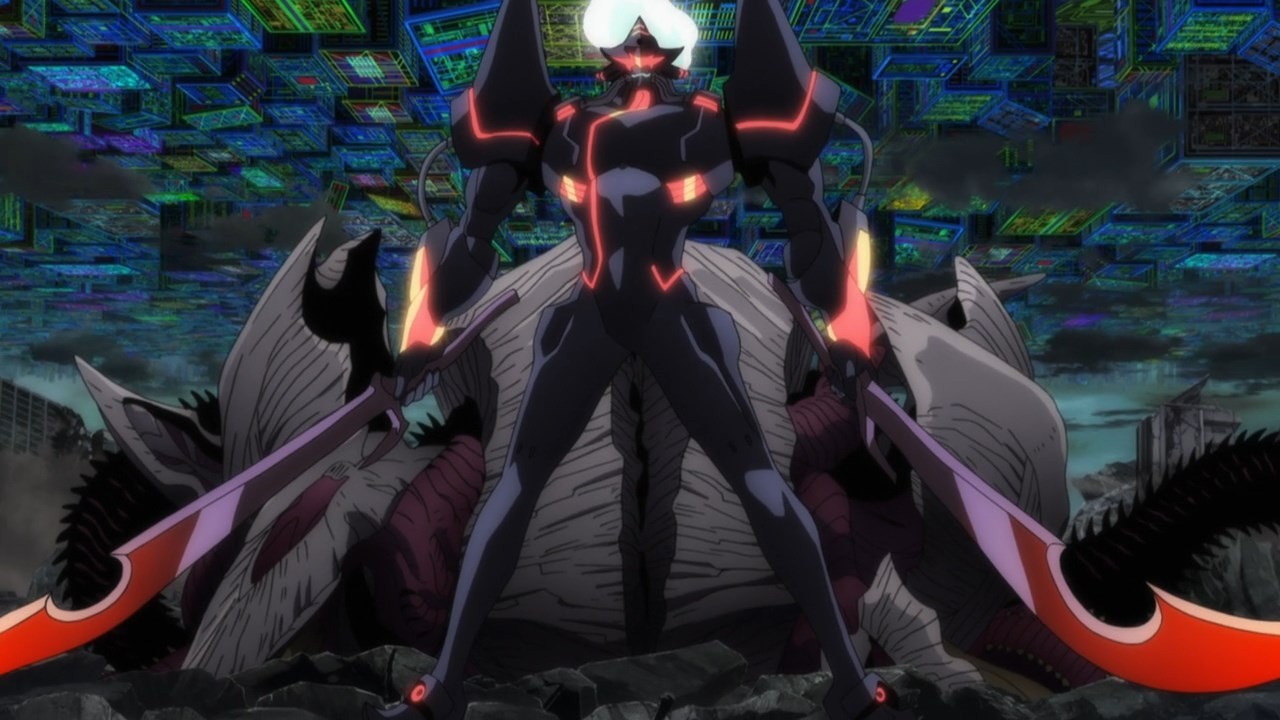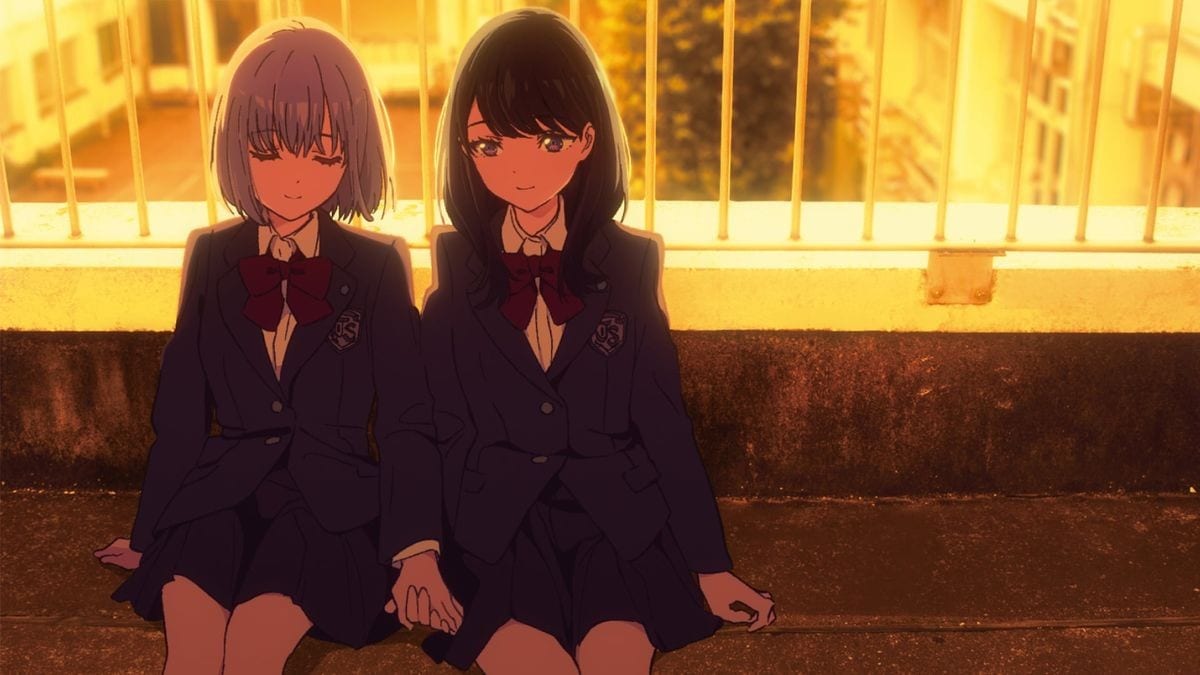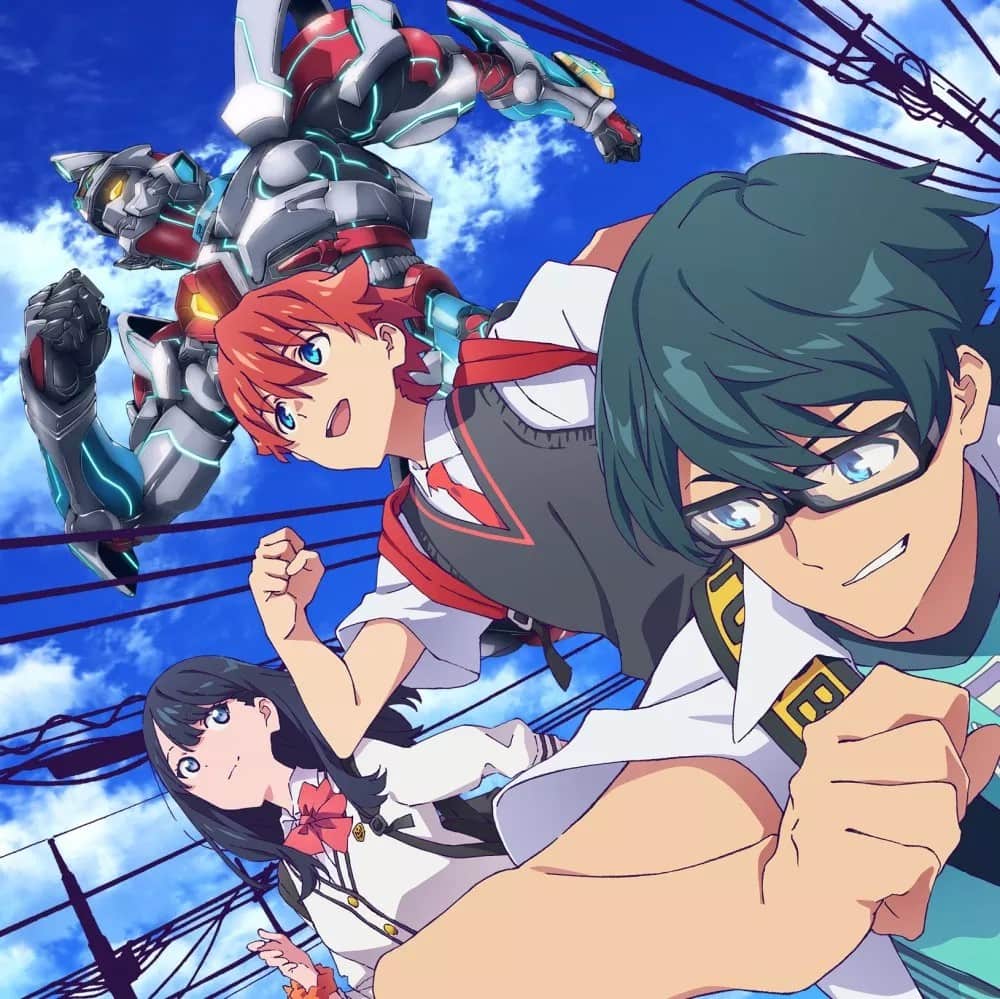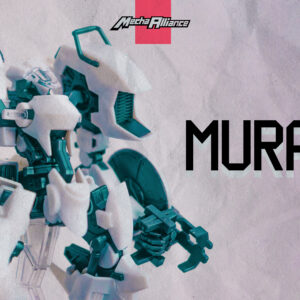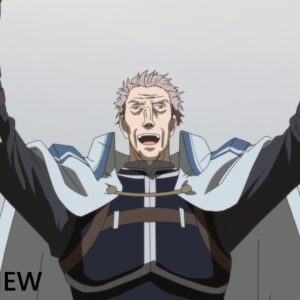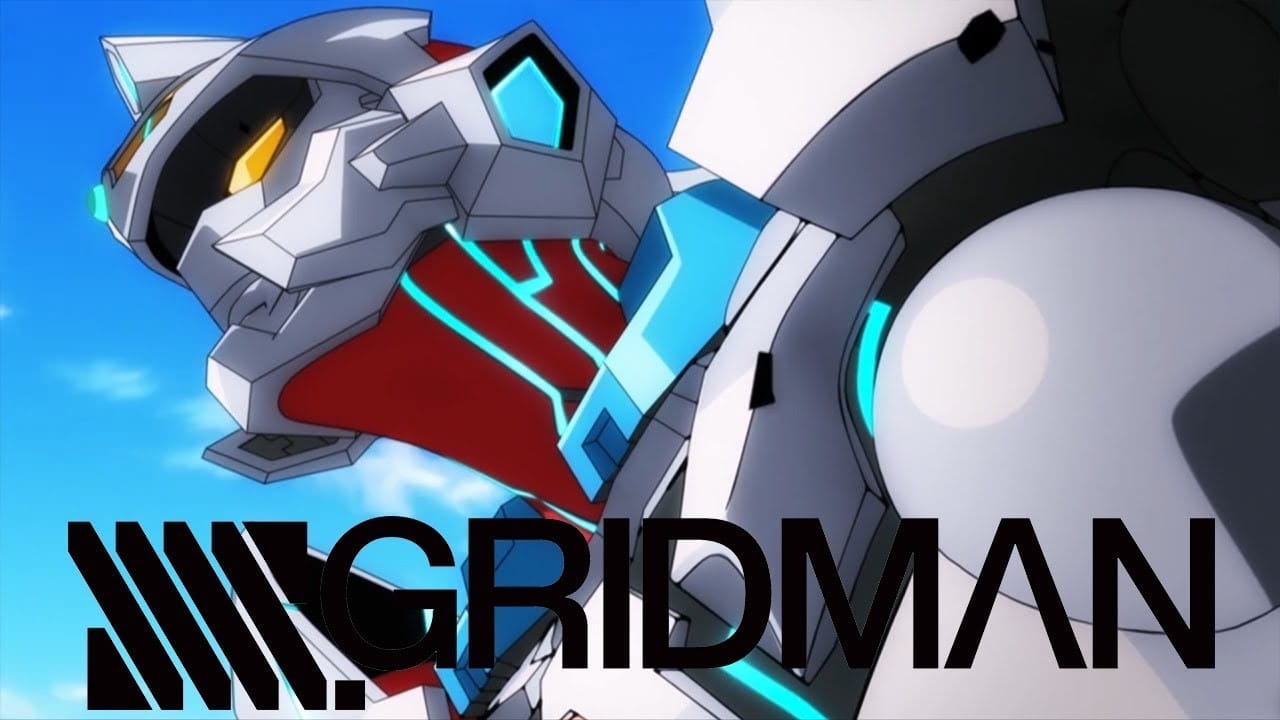
Anime Review: SSSS.GRIDMAN – A Super Electric Experience
ACCESS FLASH!!
In 2018, Tsuburaya Productions and Studio Trigger teamed up to revive the childhood superhero Gridman, after Trigger released a short based on Gridma: Gridman The Hyper Agent: boys invent great hero in 2015. The fruit of that collaboration is SSSS.Gridman, a 12-episode anime series inspired by the original Tokusatsu series and the series’ western counterpart, Superhuman Samurai Syber Squad. Thanks to Keiichi Hasegawa’s screenwriting, Akira Amemiya’s directing and Trigger’s talented animators, SSSS.Gridman breaks the conventional boundaries of Toku superhero series and offers a brand new experience.
SSSS.Gridman tells the story of Yuuta Hibiki, a high school student who, after losing his memory, met the Hyper Agent Gridman and became his host. Together with Sho Utsumi and Rikka Takarada, his only two friends who are aware of the unusual happenings around them, Yuuta fights against the Kaijus that ravaged Tsutsujidai city with Gridman’s power. The premise of SSSS Gridman is not too different from the original Gridman the Hyper Agent: a high school boy becomes Gridman’s host, along with two friends fighting against the Kaiju created by another friend who was taken advantage of by alien criminal. However, if you have heard of screenwriter Keiichi Hasegawa, a pioneer in incorporating drama into tokusatsu films who never settles with an ordinary action plot, you can probably anticipate the anime’s extreme turn from the first episodes.
SSSS.Gridman tells the story of Yuuta Hibiki, a high school student who, after losing his memory, met the Hyper Agent Gridman and became his host. Together with Sho Utsumi and Rikka Takarada, his only two friends who are aware of the unusual happenings around them, Yuuta fights against the Kaijus that ravaged Tsutsujidai city with Gridman’s power. The premise of SSSS Gridman is not too different from the original Gridman the Hyper Agent: a high school boy becomes Gridman’s host, along with two friends fighting against the Kaiju created by another friend who was taken advantage of by alien criminal. However, if you have heard of screenwriter Keiichi Hasegawa, a pioneer in incorporating drama into tokusatsu films who never settles with an ordinary action plot, you can probably anticipate the anime’s extreme turn from the first episodes.
The anime follows the usual Monster of the Week format, while pushing the plot forward slowly by introducing characters and their personalities as well as gradually dropping plot points. While there are fight scenes that are extremely well animated by Graphinica and Trigger, the lack of build-ups or unsatisfying build-ups in most of the episodes render the action scenes not very emotional. The first five episodes felt like the action only served as background and had little connection to the plot and characters.
Since I thought this would be just a normal action anime, the plot twists of SSSS.Gridman surprised me the first time I watched it. The sixth episode of the series is both a good character-building episode and reveals the film’s biggest twist, which is: the main characters are all living in a simulated city created with Shinjo Akane’s mind. .The impact of this revelation and the way it was hinted at from the first episode is enough to make it an excellent twist. As someone who likes plot twists that make viewers rethink what happened before from a different perspective, I really love this twist. Since that episode, the anime has almost revealed its true genre, which is teen psychology. Because it was formed from Akane’s mind, the city of Tsutsujidai reflects everything from her point of view: the people in that city reflect how Akane sees them in real life, the kaiju reflect her negative emotions, and the Yuta, Utsumi and Rikka group reflect her beautiful sides and true desires. Thanks to the above plot twist, Akane’s psychological development has more depth, and occupies a key position in later episodes.
Subsequent episodes get gradually more interesting, not only due to the tone shift, but also the fact that the plot of each episode is written better, more emotional, making the fight scenes more hype. Typically, episode 8 – the episode where Full Powered Gridman debuted, the fact that the Gridman Alliance was divided between confronting or persuading Akane, then making up and strengthening their bond, increased its emotional level by many times, making Full Powered Gridman’s victory even cooler. The ninth episode marks a drastic change in the film’s tone, and clearly reveals the film’s psychological theme. Akane Shinjo’s pain and depression have accumulated throughout the past episodes, and episode nine is the breaking point of her spirit. The series successfully interpreted that downfall thanks to Kai Ikarashi’s skillful artistic direction and Reina Ueda’s on point performance, making viewers more sympathetic to Akane. SSSS.Gridman continues to excite viewers with the appearance of Gridknight and the plot twist: Yuuta didn’t lose his memory, Gridman has possessed his body from the beginning of the film until now. I have to commend writer Keiichi Hasegawa for applying one of the most familiar trope of the Ultra series in the most unexpected way. Episode 12, for me, is the perfect finale. Everyone’s childhood Gridman returns with the epic “Yume no Hero”, recalls his true power – the ability to fix and heal everything, then proceeds to kick Alexis Kerib’s ass, while delivering an eloquent speech about human potential and the opening theme song being played in the background. After that, the extremely touching scene when everyone cheers for Akane, so she is brave enough to open the door of her heart seals the deal for me.
Since I thought this would be just a normal action anime, the plot twists of SSSS.Gridman surprised me the first time I watched it. The sixth episode of the series is both a good character-building episode and reveals the film’s biggest twist, which is: the main characters are all living in a simulated city created with Shinjo Akane’s mind. .The impact of this revelation and the way it was hinted at from the first episode is enough to make it an excellent twist. As someone who likes plot twists that make viewers rethink what happened before from a different perspective, I really love this twist. Since that episode, the anime has almost revealed its true genre, which is teen psychology. Because it was formed from Akane’s mind, the city of Tsutsujidai reflects everything from her point of view: the people in that city reflect how Akane sees them in real life, the kaiju reflect her negative emotions, and the Yuta, Utsumi and Rikka group reflect her beautiful sides and true desires. Thanks to the above plot twist, Akane’s psychological development has more depth, and occupies a key position in later episodes.
Subsequent episodes get gradually more interesting, not only due to the tone shift, but also the fact that the plot of each episode is written better, more emotional, making the fight scenes more hype. Typically, episode 8 – the episode where Full Powered Gridman debuted, the fact that the Gridman Alliance was divided between confronting or persuading Akane, then making up and strengthening their bond, increased its emotional level by many times, making Full Powered Gridman’s victory even cooler. The ninth episode marks a drastic change in the film’s tone, and clearly reveals the film’s psychological theme. Akane Shinjo’s pain and depression have accumulated throughout the past episodes, and episode nine is the breaking point of her spirit. The series successfully interpreted that downfall thanks to Kai Ikarashi’s skillful artistic direction and Reina Ueda’s on point performance, making viewers more sympathetic to Akane. SSSS.Gridman continues to excite viewers with the appearance of Gridknight and the plot twist: Yuuta didn’t lose his memory, Gridman has possessed his body from the beginning of the film until now. I have to commend writer Keiichi Hasegawa for applying one of the most familiar trope of the Ultra series in the most unexpected way. Episode 12, for me, is the perfect finale. Everyone’s childhood Gridman returns with the epic “Yume no Hero”, recalls his true power – the ability to fix and heal everything, then proceeds to kick Alexis Kerib’s ass, while delivering an eloquent speech about human potential and the opening theme song being played in the background. After that, the extremely touching scene when everyone cheers for Akane, so she is brave enough to open the door of her heart seals the deal for me.
The beauty of the school age shown in the movie is a small thing that I appreciate in the anime. Hanging out with close friends, going on a picnic, enjoying the school festival, these scenes are not important to the plot but bring back good memories of the viewers’ high school days. Not only that, but those beautiful moments are the catalysts that make what happens at the end of the series more emotional. And for me personally, as someone who had a rather forgettable high school years, those scenes made me even more emotional, when I realized what I missed, the good memories that I could have made during my high school days.
With “tomodachi” being repeated many times in the anime, it is not too difficult to realize that the theme throughout SSSS Gridman is “friendship”, more specifically “actively reaching out to your friends”. That theme was conveyed through the development of the Gridman Alliance, and also Akane’s. Yuta, Rikka, and Utsumi are three friends who are not too close, almost unknown to each other before, but after being dragged into the war against the kaiju, their friendship is formed and eventually becomes extremely durable after many trials. The first episodes are their bonding moments: from the times they team up to defeat the kaiju, the bonds between them gradually appear. Fire attests to gold, the bonds between them then go through many hardships and then becomes even stronger: the most notable is episode 8. The culmination of this friendship’s development is episode 9, when their friendship triumphs over their personal innermost desires. In the end, that friendship helped to release Gridman’s true form, and Yuta, Rikka, and Utsumi, after feeling true friendship, were able to pull their creator god/friend out of the heart locking door. What I find unique in the way the bond develops between the three main characters is that most of the bonding situations or challenges they face are not big things, but simply very common frictions in student life: forgetting to answer the phone, getting angry at each other for missing words, etc. This development, along with realistic depictions of high school life, makes viewers feel like they’re back in their teens and more empathetic towards the characters.
With “tomodachi” being repeated many times in the anime, it is not too difficult to realize that the theme throughout SSSS Gridman is “friendship”, more specifically “actively reaching out to your friends”. That theme was conveyed through the development of the Gridman Alliance, and also Akane’s. Yuta, Rikka, and Utsumi are three friends who are not too close, almost unknown to each other before, but after being dragged into the war against the kaiju, their friendship is formed and eventually becomes extremely durable after many trials. The first episodes are their bonding moments: from the times they team up to defeat the kaiju, the bonds between them gradually appear. Fire attests to gold, the bonds between them then go through many hardships and then becomes even stronger: the most notable is episode 8. The culmination of this friendship’s development is episode 9, when their friendship triumphs over their personal innermost desires. In the end, that friendship helped to release Gridman’s true form, and Yuta, Rikka, and Utsumi, after feeling true friendship, were able to pull their creator god/friend out of the heart locking door. What I find unique in the way the bond develops between the three main characters is that most of the bonding situations or challenges they face are not big things, but simply very common frictions in student life: forgetting to answer the phone, getting angry at each other for missing words, etc. This development, along with realistic depictions of high school life, makes viewers feel like they’re back in their teens and more empathetic towards the characters.
Each character in SSSS Gridman is not developed too deeply, but enough to show their maturity. Sho Utsumi, one of the Gridman Alliance trio, is a nerd who is a huge fan of the Ultra series, but often overreacts and overthinks (quite literally me, except I’ve only seen two Ultraman series). Ironically, Utsumi has a crush on Akane, the enemy of the Gridman Alliance, and sometimes covers for her, (unfortunately, the thwart in this relationship is not much developed). The eighth episode marks his coming of age, as Utsumi and Rikka’s friendship goes through an upswing, and ends with him apologizing and making up with Rikka. As a result of that growth, Utsumi is mature enough to give up his deepest wish: to have a kaiju loving friend as beautiful and as Akane, to return to his true friends when stuck in his dream in the ninth episode.
Takarada Rikka is a mature and reserved young lady who can be a little irritable and aloof at times, but otherwise she is a kind, friendly and empathetic person who cares about her friends: she helped Yuta who has amnesia and grieved the deaths of Tonkawa and the others despite knowing almost nothing about them. She also offers to help complete strangers like Anti and has a carefree side to skipping school without bothering to tell her friends. For Rikka, the person she cares about the most is probably Akane, her best friend. Because of that, Rikka fell into a state of denial when she learned that the emotion was programmed by Akane when creating her. But in the end, the bond with Yuuta and Utsumi defeats Rikka’s negative feelings, and proves that true friendship can also overcome what God has arranged.
Yuuta Hibiki, in contrast to his two friends, is a rather “cardboard” character with almost no personality and no character development at all. Reticent, shy but still willing to sacrifice himself for friends and the city are Yuuta’s only characteristics throughout the series. The fact that Trigger reveals that throughout the series it’s not Yuuta but Gridman controlling his body doesn’t change the fact that this is a rather boring protagonist.
In contrast to Yuta, Shinjo Akane is the focus of the anime and the psychology of this character is exploited the most. Through what happened to Akane during the movie and the MV of “Union”, it can be seen that Shinjo Akane in real life is a nerdy girl without much beauty, extremely lonely due to being shunned by her friends, and that loneliness has made her self-deprecating, sensitive and closed herself to everyone around her. The culmination of her self-isolation is Akane building her own perfect city with her mind, to escape reality. However, becoming a god loved by everyone makes Akane’s psychological problems worse than before. She has had violent (breaking things when things don’t go her way, throwing phones at Anti’s face), manipulative and even psychopathic tendencies by creating kaiju to kill people for petty reasons.
Throughout SSSS Gridman, Akane’s mind deteriorated even further. Although she has programmed everyone around her to love her unconditionally, Akane still feels lonely because those feelings are just fake. In addition, the interference of the Gridman Alliance made things in the very world she created not go her way, and that greatly frustrated Akane. The more Yuta, Utsumi, and Rikka win, the more depressed she becomes, most evident in the contrast in episode 8 – when everyone is having fun at the school festival, Akane lies motionless alone in her room. As a last effort before falling into despair, Akane tries to trap her three most special friends in a dream world, but it backfires when they get out. Her mind was completely broken after it. Her insanity and desire for self-destruction overwhelms her in episode 10, materialized through the kaiju Nanashi. And in the end, Akane herself became a kaiju named Zegga – a monster materializing from her regrets.
Takarada Rikka is a mature and reserved young lady who can be a little irritable and aloof at times, but otherwise she is a kind, friendly and empathetic person who cares about her friends: she helped Yuta who has amnesia and grieved the deaths of Tonkawa and the others despite knowing almost nothing about them. She also offers to help complete strangers like Anti and has a carefree side to skipping school without bothering to tell her friends. For Rikka, the person she cares about the most is probably Akane, her best friend. Because of that, Rikka fell into a state of denial when she learned that the emotion was programmed by Akane when creating her. But in the end, the bond with Yuuta and Utsumi defeats Rikka’s negative feelings, and proves that true friendship can also overcome what God has arranged.
Yuuta Hibiki, in contrast to his two friends, is a rather “cardboard” character with almost no personality and no character development at all. Reticent, shy but still willing to sacrifice himself for friends and the city are Yuuta’s only characteristics throughout the series. The fact that Trigger reveals that throughout the series it’s not Yuuta but Gridman controlling his body doesn’t change the fact that this is a rather boring protagonist.
In contrast to Yuta, Shinjo Akane is the focus of the anime and the psychology of this character is exploited the most. Through what happened to Akane during the movie and the MV of “Union”, it can be seen that Shinjo Akane in real life is a nerdy girl without much beauty, extremely lonely due to being shunned by her friends, and that loneliness has made her self-deprecating, sensitive and closed herself to everyone around her. The culmination of her self-isolation is Akane building her own perfect city with her mind, to escape reality. However, becoming a god loved by everyone makes Akane’s psychological problems worse than before. She has had violent (breaking things when things don’t go her way, throwing phones at Anti’s face), manipulative and even psychopathic tendencies by creating kaiju to kill people for petty reasons.
Throughout SSSS Gridman, Akane’s mind deteriorated even further. Although she has programmed everyone around her to love her unconditionally, Akane still feels lonely because those feelings are just fake. In addition, the interference of the Gridman Alliance made things in the very world she created not go her way, and that greatly frustrated Akane. The more Yuta, Utsumi, and Rikka win, the more depressed she becomes, most evident in the contrast in episode 8 – when everyone is having fun at the school festival, Akane lies motionless alone in her room. As a last effort before falling into despair, Akane tries to trap her three most special friends in a dream world, but it backfires when they get out. Her mind was completely broken after it. Her insanity and desire for self-destruction overwhelms her in episode 10, materialized through the kaiju Nanashi. And in the end, Akane herself became a kaiju named Zegga – a monster materializing from her regrets.
All hope seemed lost, but it’s the best aspects of Akane’s soul that lift her up. Those aspects are Utsumi, Rikka, and Yuta (note that this is just my personal theory). This trio represents Akane’s purest desires, so they are unaffected by the changes occurring on Tsutsujidai. Utsumi represents the nerdy, self-deprecating and paranoid side of the real Akane, embodying her desire to have a friend who shares her hobby. Like Takeo to Takeshi in episode 33 “Another Takeshi” of the Gridman the Hyper Agent series, Rikka reflects Akane’s desire to be someone who can love and be loved, a better version of real-life Akane. Yuta is different from Rikka and Utsumi: he is a reflection of Akane’s real-life lover or crush through her mind. There are a lot of details that lead me towards this theory, the first being the dialogue between Yuta-Gridman and Gridman in episode 11, after Yuta-Gridman regains his memories. He asked Gridman, “But why dwell inside Yuta?”, and received an interrupted reply that “In Shinjo Akane’s world, he alone-“, referring to Yuta as the Tsutsujidai version of someone so important to Akane in the real world. In addition, Yuta’s crush on Rikka, another version of Akane, and Akane being his lover in the dream world in episode 9 suggest that real-life Yuta and real-life Akane have a romantic relationship. And if you remember, in the first episode, Rikka was annoyed with Yuta because he forgot one thing, and my speculation is that it was Rikka’s or Akane’s confession in real life to Yuta. Akane’s feelings for Yuta also makes it more dramatic when she stabs him, and it makes even more sense for Akane to regret it later.
While Akane gradually falls into a spiral of depression, her good sides become more cohesive and mature after each adventure. And in the end they came back to support and encourage their true self, a scene that is both moving and corresponding to the anime’s message of “actively reaching out to friends”. This perspective is developed very naturally, and is quite effective in adding another layer to the three main characters and Akane. This is truly brilliant writing, as expected from a famed writer like Keiichi Hasegawa.
The only supporting character that gets significant development is Anti. Anti was originally a kaiju created with the ultimate goal of destroying Gridman, but after experiencing Rikka’s and Samurai Calibur’s kindness, as well as being mistreated by Akane, he was able to feel human emotions, becoming a real human and moreover being able to transform into Gridknight (with a rather made up reason). His character arc is short and simple, but it gives me a lot of expectations for this character.
Neon Genesis High school students are four Support Weapons from Gridman the Hyper Agent humanized: Borr, Vit, Max, and Samurai Calibur. Though undeveloped, their unique personalities coupled with their unique looks, and reliability make them interesting characters. And it’s a great nod to the Western version of Gridman where their Assist weapon names are the same in the anime.
Alexis Kerib is a simple villain, but the idea of an immortal who feeds on the negative emotions, and the way he manipulates Akane, is enough to make him a fearsome villain. In short, the characters in SSSS Gridman don’t have complicated character arcs but enough depth, are well-written pieces in the story of Shinjo Akane.
While Akane gradually falls into a spiral of depression, her good sides become more cohesive and mature after each adventure. And in the end they came back to support and encourage their true self, a scene that is both moving and corresponding to the anime’s message of “actively reaching out to friends”. This perspective is developed very naturally, and is quite effective in adding another layer to the three main characters and Akane. This is truly brilliant writing, as expected from a famed writer like Keiichi Hasegawa.
The only supporting character that gets significant development is Anti. Anti was originally a kaiju created with the ultimate goal of destroying Gridman, but after experiencing Rikka’s and Samurai Calibur’s kindness, as well as being mistreated by Akane, he was able to feel human emotions, becoming a real human and moreover being able to transform into Gridknight (with a rather made up reason). His character arc is short and simple, but it gives me a lot of expectations for this character.
Neon Genesis High school students are four Support Weapons from Gridman the Hyper Agent humanized: Borr, Vit, Max, and Samurai Calibur. Though undeveloped, their unique personalities coupled with their unique looks, and reliability make them interesting characters. And it’s a great nod to the Western version of Gridman where their Assist weapon names are the same in the anime.
Alexis Kerib is a simple villain, but the idea of an immortal who feeds on the negative emotions, and the way he manipulates Akane, is enough to make him a fearsome villain. In short, the characters in SSSS Gridman don’t have complicated character arcs but enough depth, are well-written pieces in the story of Shinjo Akane.
About the visual, Trigger retains its familiar stylized 2D artstyle in SSSS Gridman. The character designs were done by Masaru Sakamoto, and this is his first time in this role, so the designs aren’t too prominent, but still bring out the personalities of the characters. All the design effort (or perhaps the budget) probably falls into the design of Gridman and the kaiju. Gridman Primal Fighter is a modern and stunning makeover for the old school hero, made by Masayuki Goto. I really like the overly detailed and mechanical feel, along with the color scheme of Gridman’s design, as well as Gridknight’s. The design of the Assist Weapons is based on their original counterparts, and is honestly a huge improvement over the old version. The only Gridman combinations that impressed me were the Full Powered Gridman, a design that looked like a Bari’d version of Thunder Gridman. The kaiju designs are made by artists who have been designing kaiju in toku films such as Shinji Nishikawa, Hiroshi Maruyama, Osamu Yamaguchi, Ichiro Itano, Masaru Sakamoto and Masahiro Maeda, and they did a great job. The fact that many designers are involved in the design of kaiju makes their designs really unique and distinctive, and their experience makes the designs both nostalgic and refreshing. My favorite Kaiju are probably (Mecha) Ghoulgilas and Bujack. The combat scenes are honestly well animated. Graphica, the studio behind Super Robot Wars OG: The Inspector and Muv-Luv Alternative‘s very high-quality 3D CGI action sequences, does most of Gridman’s fights, and I was impressed by their easy-to-watch and fluid 3D animation right off the bat. 3D CGI makes chops, somersaults, and wrestling moves based on common attacks in the Ultra series extremely beautiful. Gridman’s battlefield is also based on the miniature cities of tokusatsu sets, and the explosion and destruction of the city visual effects whenever Gridman fights are also made to resemble toku movies. The experience of watching Ultraman clash with kaiju in tokusatsu series is fully reproduced in SSSS Gridman. Finisher and final episode’s fight scene, drawn in 2D by Trigger, are equally flamboyant. Not too many complicated cinematography techniques are used throughout the series, and episode 9 is probably the most in-depth episode on cinematography. Storyboarded by Kai Ikarashi and directed by Yoshiyuki Kaneko, volume 9 uses many metaphors, sudden changes in artstyle, and strange angles to portray the fantasy world of Yuta, Utsumi, and Rikka, as well as the psychology of Akane.
As for the audio, the opening song “Union” by OxT and the ending song “youthful beautiful” by Uchida Maaya are both very good. Both have very upbeat and cheerful lyrics and melodies, matching the film’s theme of school-age beauty. The background music is performed by Shiro Sagisu, a veteran composer in the anime industry who has produced music for many hit anime series such as Neon Genesis Evangelion, Bleach, Magi, Berserk (2016), etc. From the epic and reminiscent symphony of old Ultraman films like “1144 C Type”, to upbeat electronic music like “Humanlove_Ch_Edm_All”, every track can become a personal favorite. The use of music in each scene is also on point when their emotional stimulation in each scene is well brought into play, most memorably when “Yume no Hero” is played when Gridman the Hyper Agent returns, and when Trigger does their classic thing: playing the opening song during decisive battles. The sound effects in SSSS Gridman are very meticulous, almost every action from big to small has a sound, but the sound design for the battle scenes is not really good. As for the voice acting part, the most consistent performances for me are probably Souma Saito’s (Utsumi), Yume Miyamoto’s (Rikka) and Reina Ueda’s (Akane). They really bring out the personality of their characters, show the teen nature in those characters and especially show the characters’ mood well in different situations: happy, sad, tired, disappointed, etc. In particular, Reina Ueda, as one would expect from a pro like her, very well expressed Akane’s feelings of depression and despair in episode 9, and her voice in the part where Akane tries to Yuta to her side in episode 7 it lwng really. And not to mention the extremely fiery acting of Tetsu Inada (Alexis Kerib) and Hikaru Midorikawa (Gridman) in the final episode has contributed to one of the most memorable climaxes for me.
As for the audio, the opening song “Union” by OxT and the ending song “youthful beautiful” by Uchida Maaya are both very good. Both have very upbeat and cheerful lyrics and melodies, matching the film’s theme of school-age beauty. The background music is performed by Shiro Sagisu, a veteran composer in the anime industry who has produced music for many hit anime series such as Neon Genesis Evangelion, Bleach, Magi, Berserk (2016), etc. From the epic and reminiscent symphony of old Ultraman films like “1144 C Type”, to upbeat electronic music like “Humanlove_Ch_Edm_All”, every track can become a personal favorite. The use of music in each scene is also on point when their emotional stimulation in each scene is well brought into play, most memorably when “Yume no Hero” is played when Gridman the Hyper Agent returns, and when Trigger does their classic thing: playing the opening song during decisive battles. The sound effects in SSSS Gridman are very meticulous, almost every action from big to small has a sound, but the sound design for the battle scenes is not really good. As for the voice acting part, the most consistent performances for me are probably Souma Saito’s (Utsumi), Yume Miyamoto’s (Rikka) and Reina Ueda’s (Akane). They really bring out the personality of their characters, show the teen nature in those characters and especially show the characters’ mood well in different situations: happy, sad, tired, disappointed, etc. In particular, Reina Ueda, as one would expect from a pro like her, very well expressed Akane’s feelings of depression and despair in episode 9, and her voice in the part where Akane tries to Yuta to her side in episode 7 it lwng really. And not to mention the extremely fiery acting of Tetsu Inada (Alexis Kerib) and Hikaru Midorikawa (Gridman) in the final episode has contributed to one of the most memorable climaxes for me.
With Gridman’s return, Trigger has also bounced back from their previous failure, and Trigger’s return is just as epic as when Gridman the Hyper Agent reappeared in episode 12. The excellent SSSS Gridman brings not only feelings of nostalgia to longtime fans of Super Agent, but also a touching story about friendship at school age. For me personally, this series has a special meaning, because it used to be my high school memory, and now it gives me regrets about my not so good high school days. Hopefully, the upcoming movie Gridman Universe, which will be released on March 24 in Japan, can also evoke these emotions like SSSS Gridman!
G.Andy
G.Andy
Check out more recommendations:
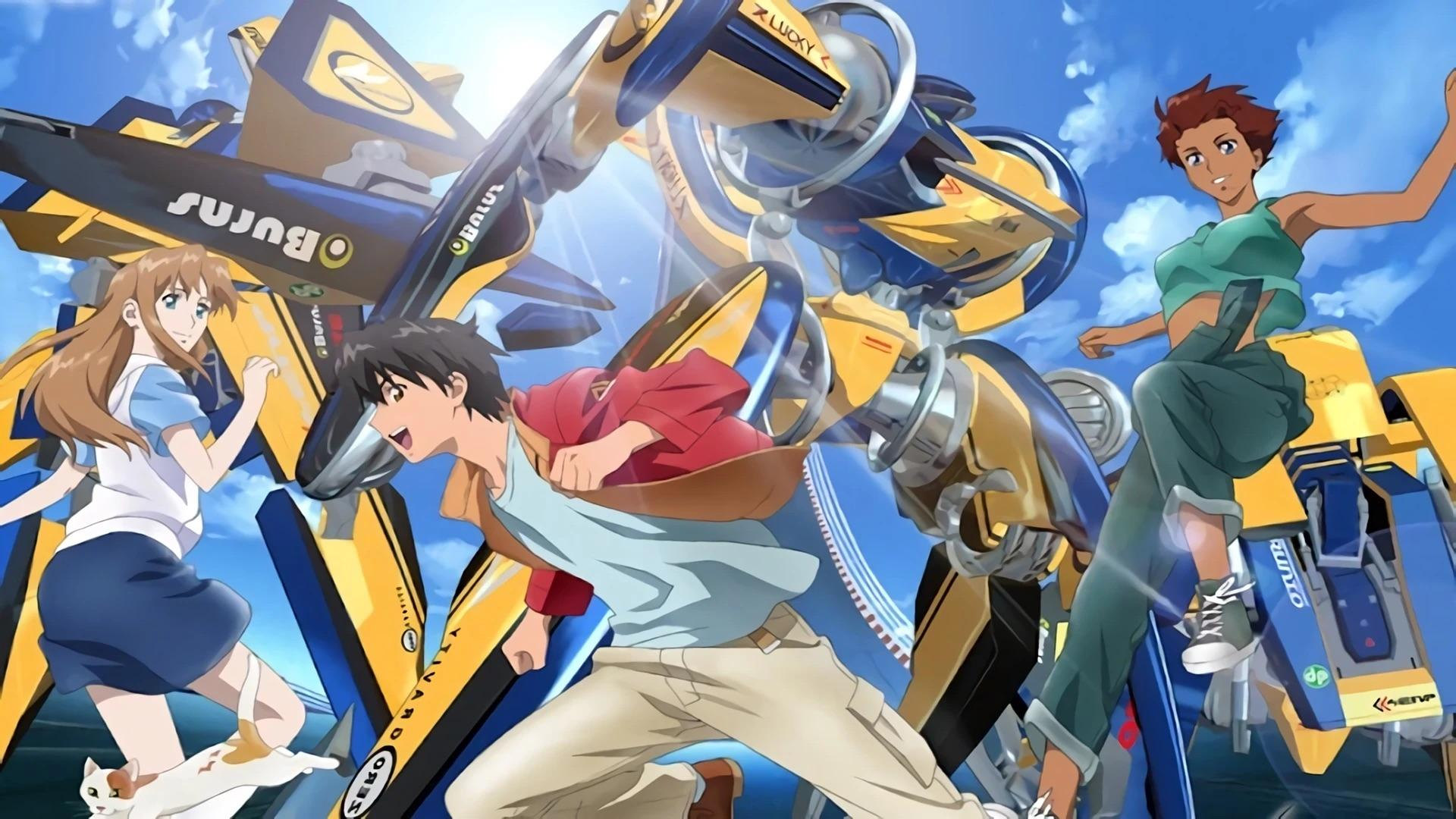
I am speed! Sports mecha isn’t very common. But when done right, it can deliver a rush just like other mecha series. Join the Immortal Grand Prix for some adrenaline-pumping races!
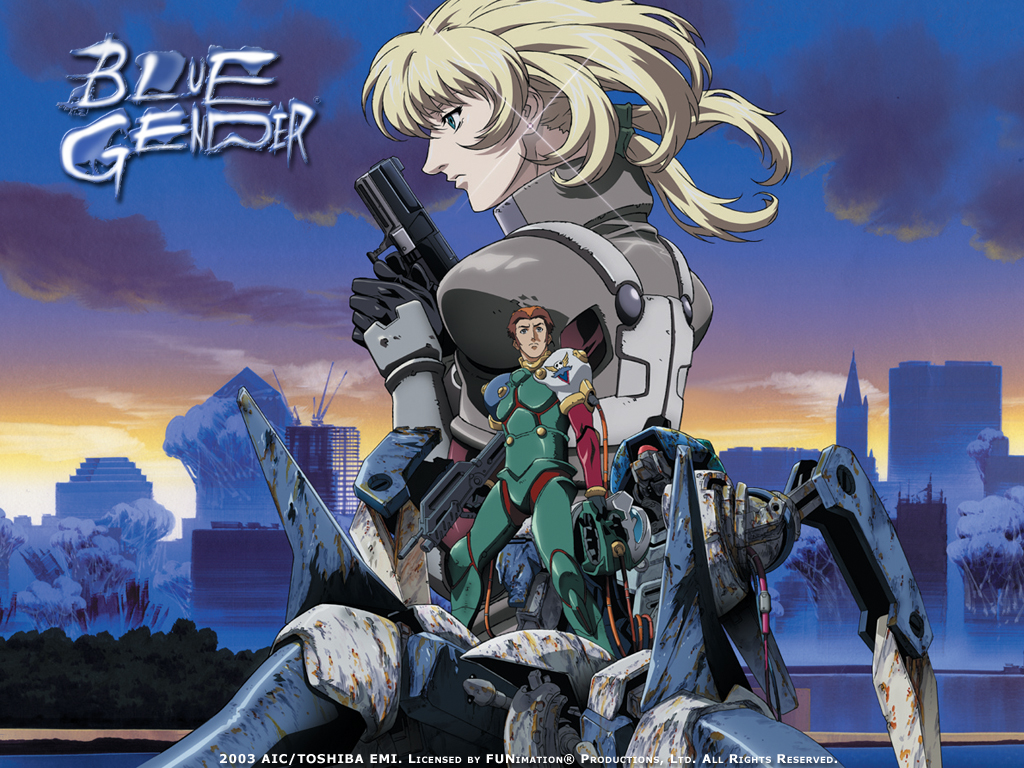
A classic premise of human versus monsters that push one’s limit to the max. But can our hero overcome that limit, or succumb to the unending fires of war.
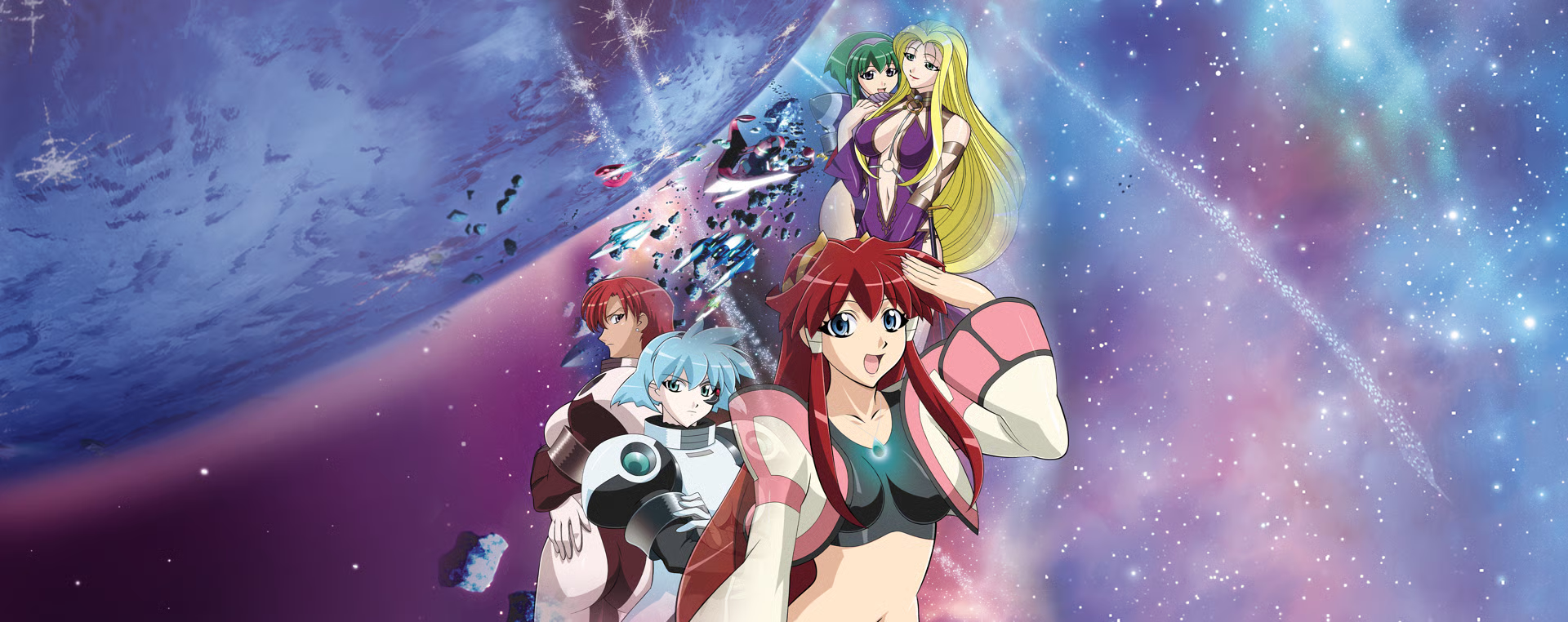
An action-filled romcom that takes place in the vast space, Vandread is a story about a society divided. For some obscure reasons, men and women are forced to live separately on different colonies, destined to never come into contact with each other. Until the day Hibiki Tokai, our teenage hormone-filled male, decided to steal a Vanguard – a mecha used for the gender war. He then got caught in an attack by female pirates and was forced to journey with them when they all got thrown through a wormhole and had to look for a…
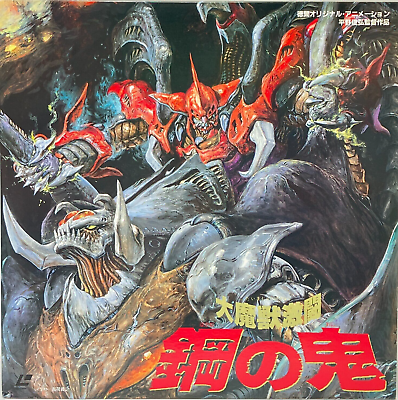
Daimajū Gekitō: Hagane no Oni (大魔獣激闘 ~鋼の鬼~, Fierce Battle of Colossal Beasts: Steel Devil) is a 1987 Japanese original video animation directed by Toshiki Hirano, with a screenplay by Shō Aikawa. Mechanical designs were handled by Kōichi Ōhata, and Masami Ōbari served as animation director. The story follows Takuya, who visits a research facility to reconnect with an old friend, uncovering their shared involvement in a mysterious experiment conducted three years earlier, in 1984.
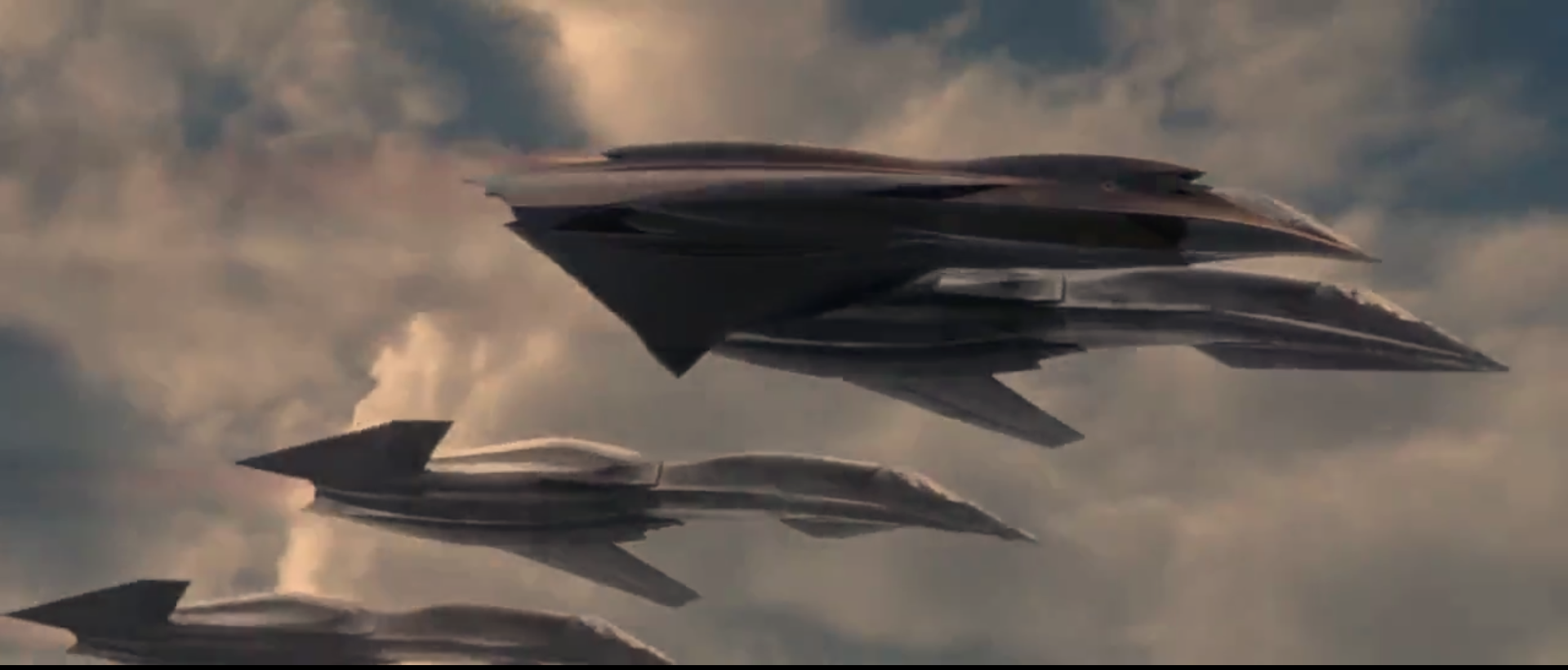
Let’s turn and burn! A movie about futuristic stealth fighter and AI-jet. Sounds familiar? This is Macross Plus live action with a sprinkle of Ace Combat and Yukikaze.
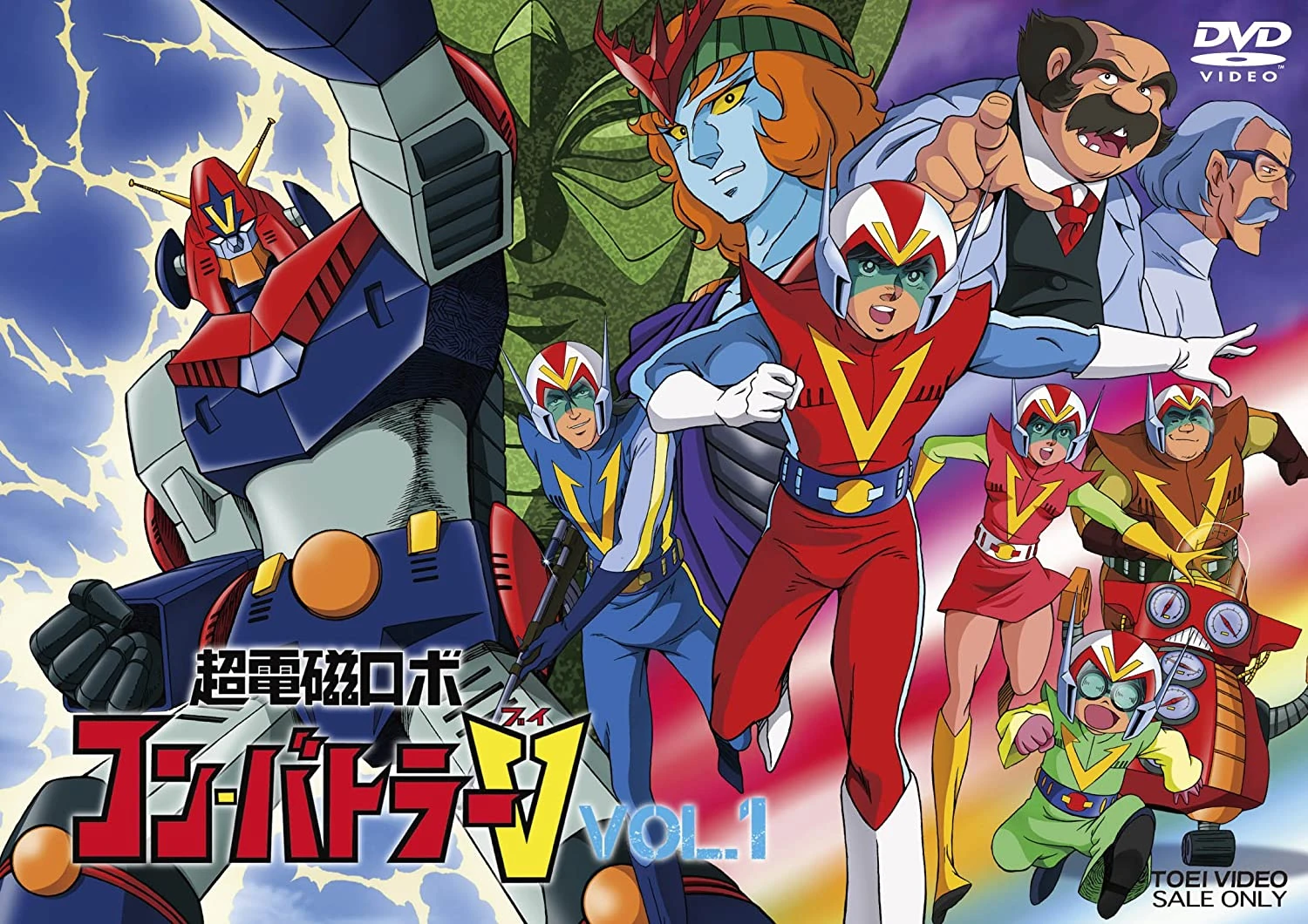
The first Super Electromagnetic robot! Combatller V combined a fast-paced Monster-of-the-week with dramatic development, taking advantage of the 5-man team format.
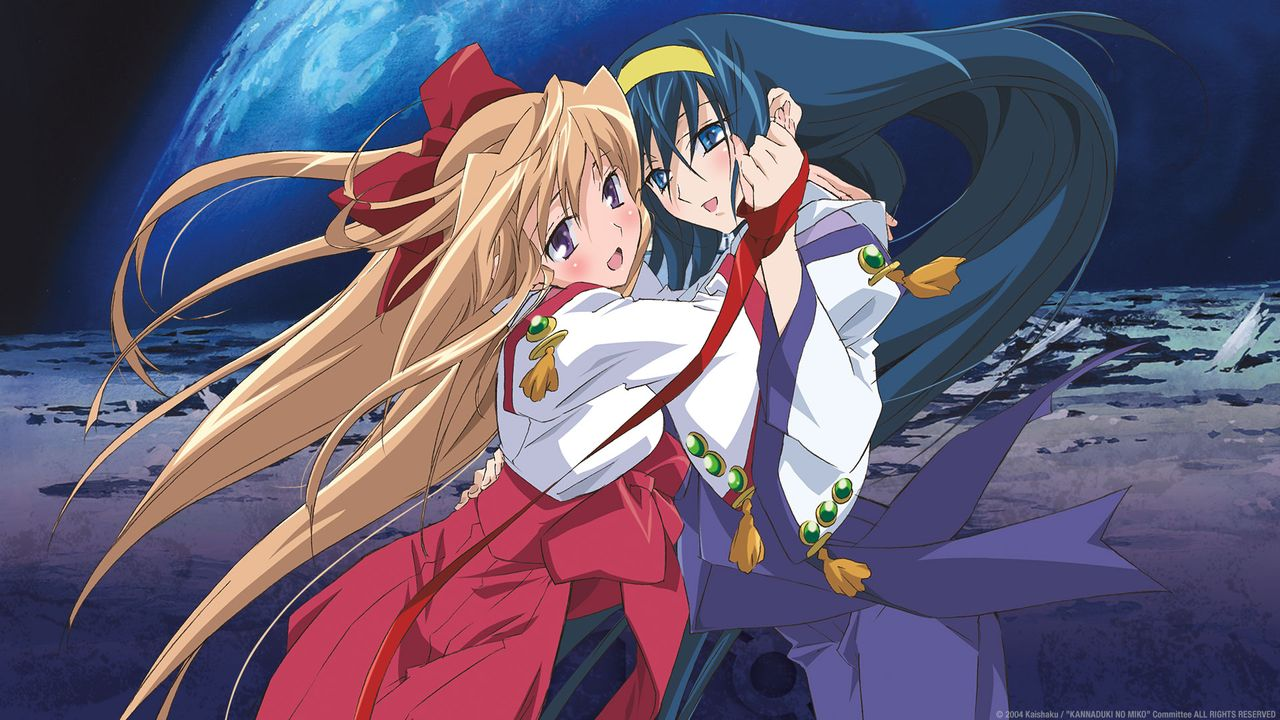
A combination between Japanese myths and mecha. An intricate relationship between 2 girls and one guy, with intense Super Robot combat in-between.
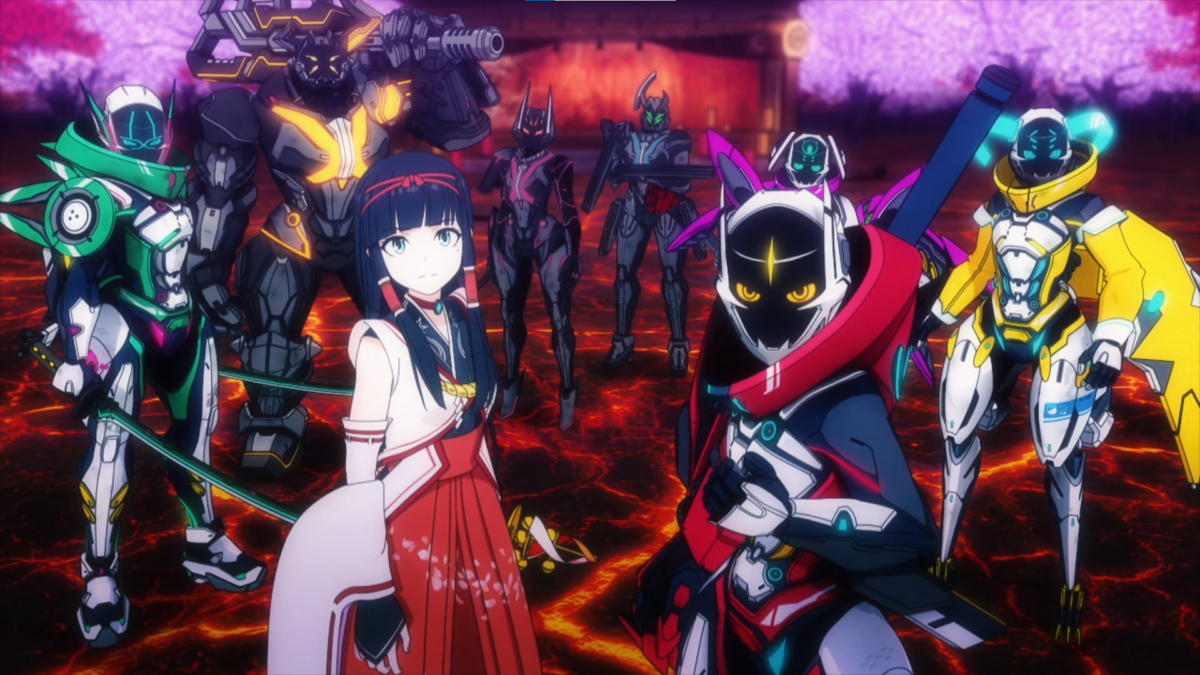
An original Toku-themed anime that is packed with action. While facing the challenges of full 3DCG animation, Shikizakura delivered an inspiring and emotional story for would-be heroes.
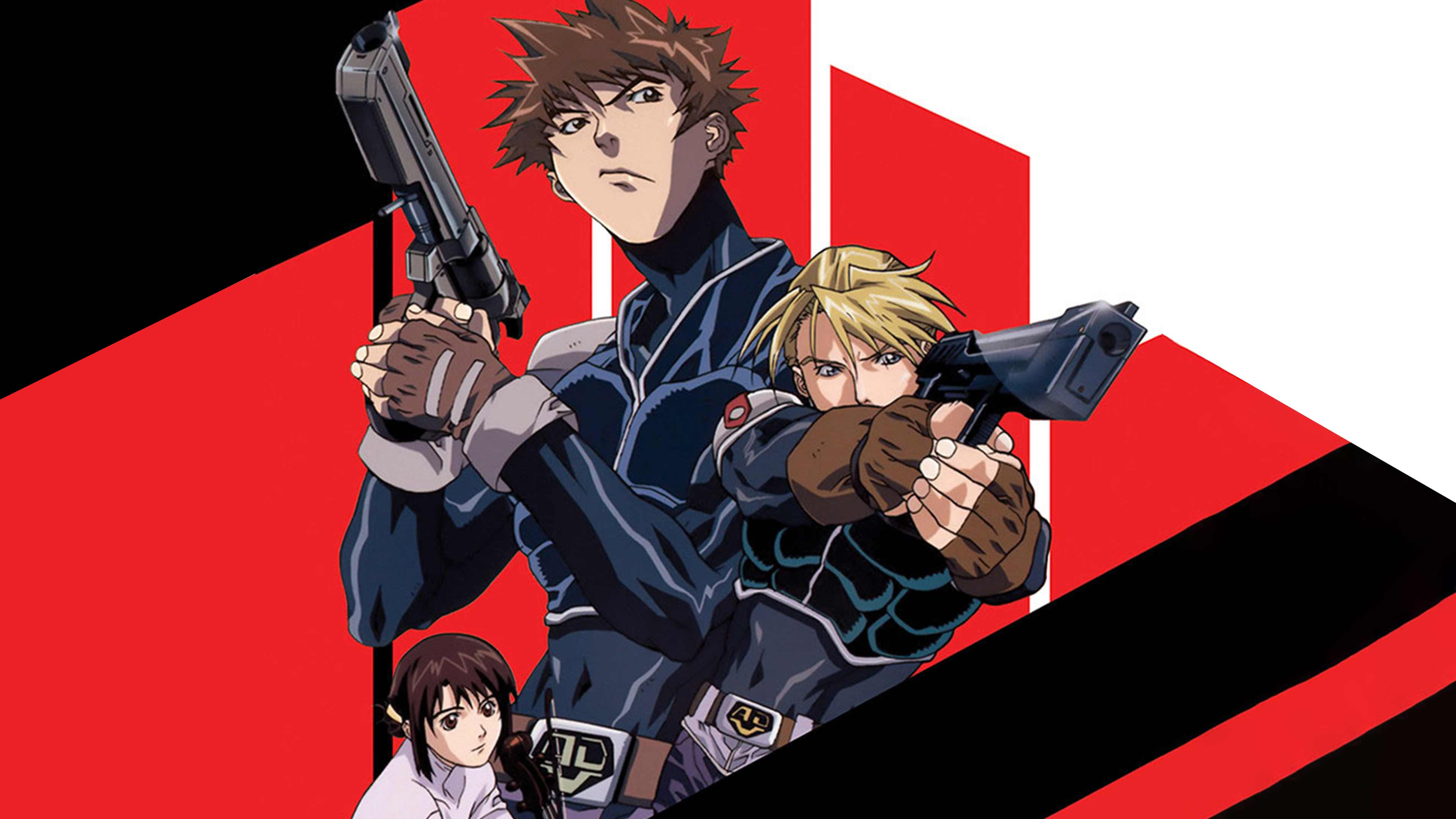
A chance to see the A.D Police from Bubblegum Crisis in honorable action. Two detectives take on cases of rampage Boomers, unraveling a sinister plot that can change the world.
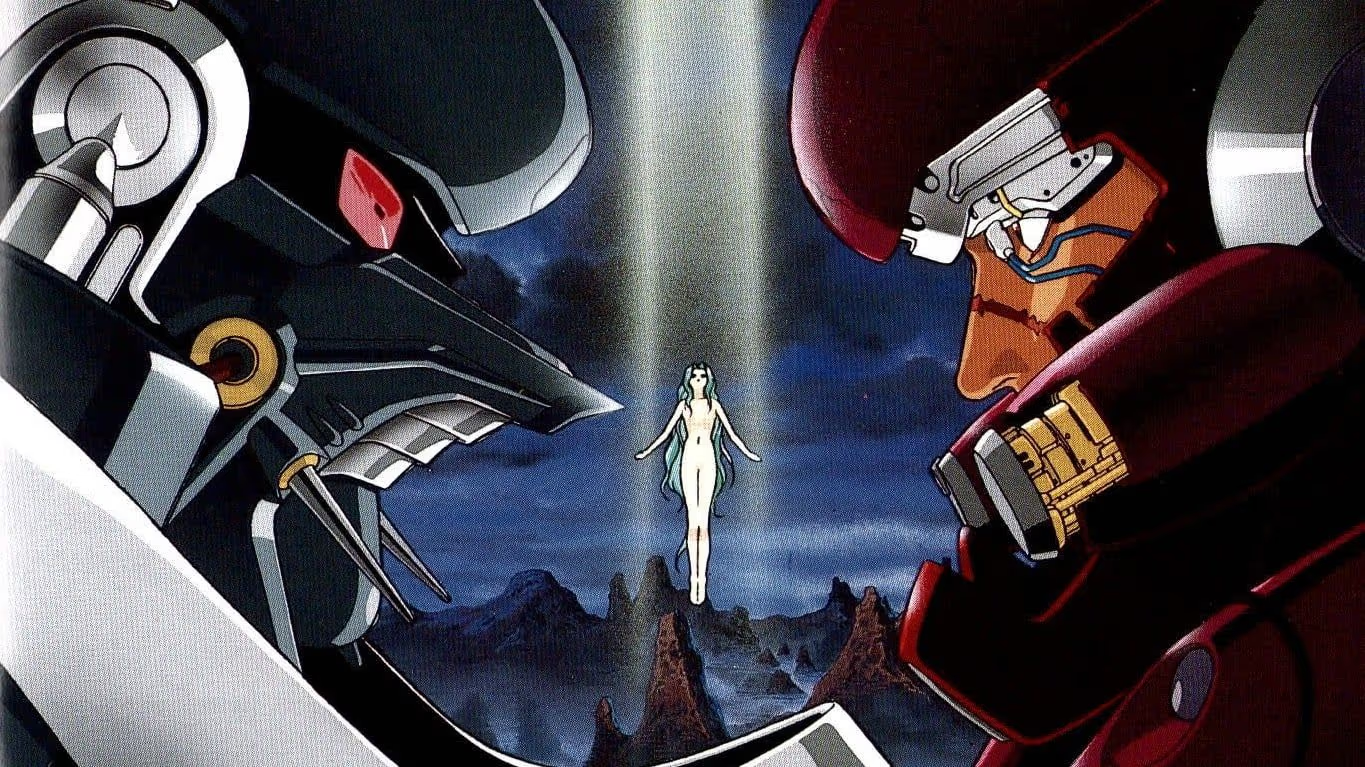
An apocalyptic tale of burning sand and monsters. A young man set out for vengeance, acquiring the usual hot chick and robot buddy on the way.
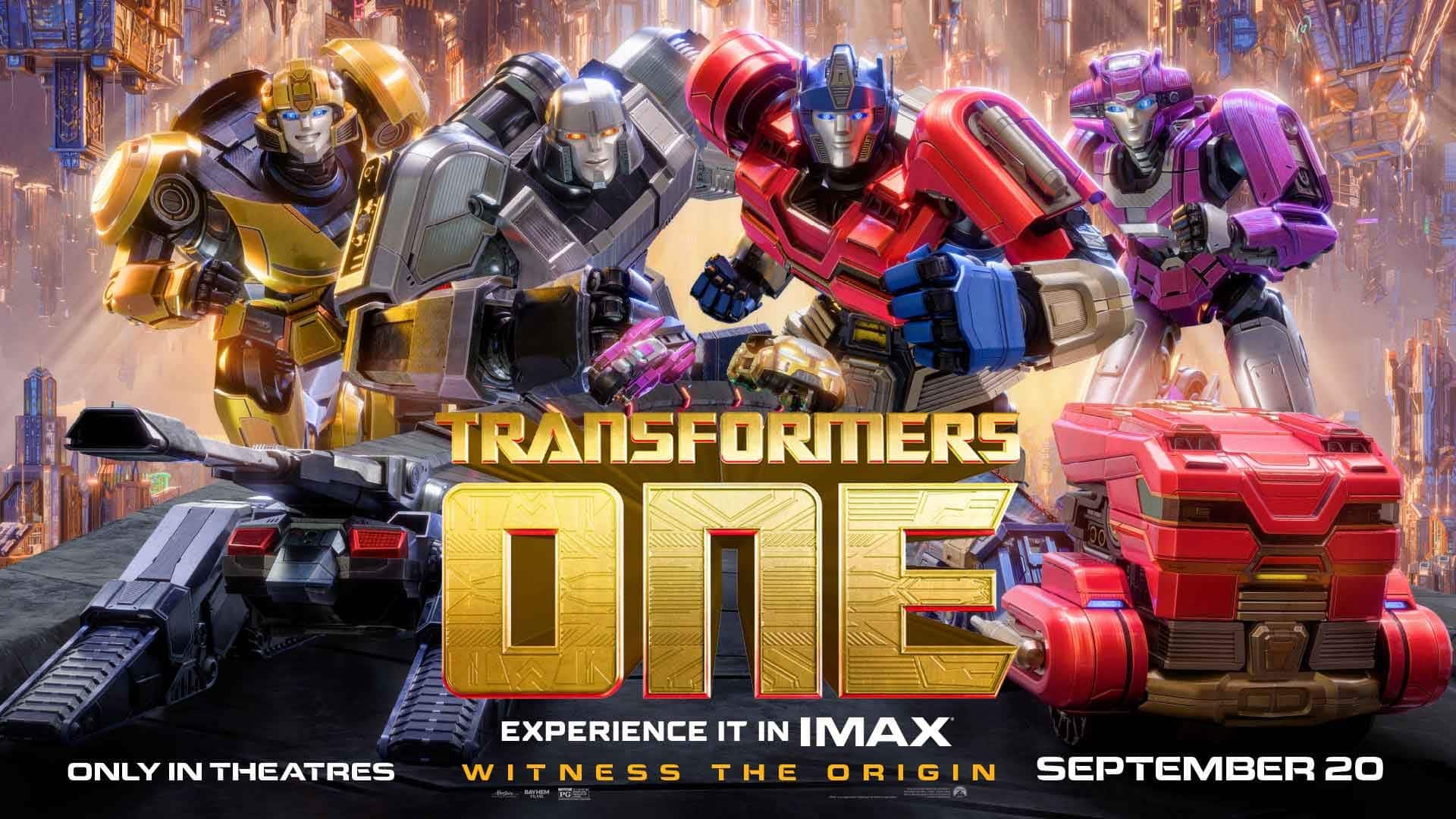
A refreshing tale about how the best of friends became sworn rivals. A vibrant, well animated movie where characters shine through their own merits, and bring a new wind to the franchise.
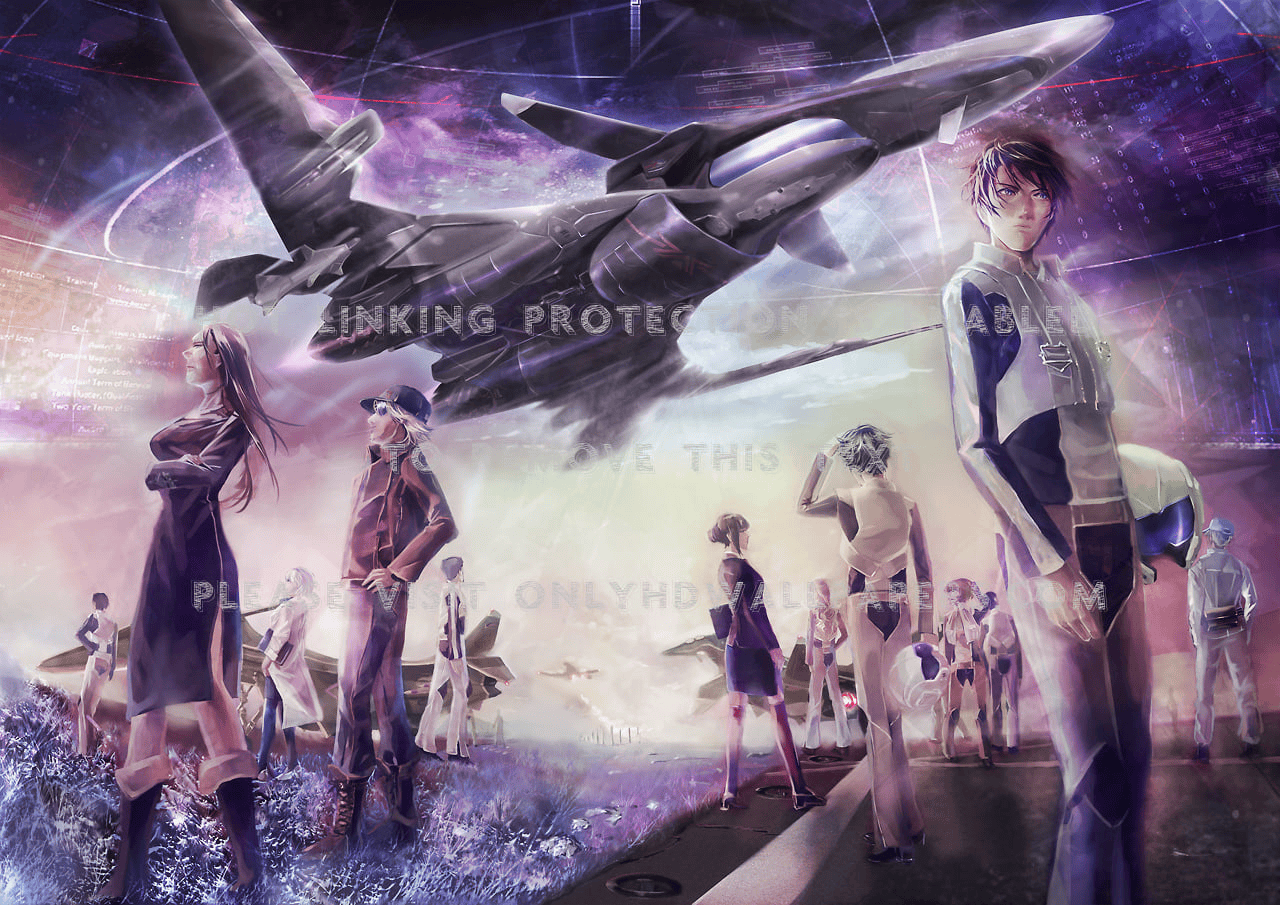
The fruit of collaboration with Japan Air Self-Defense Force, the air combat scenes of this anime is what set it apart

A futuristic world where sports are played in the most dirty way possible, a team of good-hearted robots gather to prove that good sportsmanship can prevail in any era.
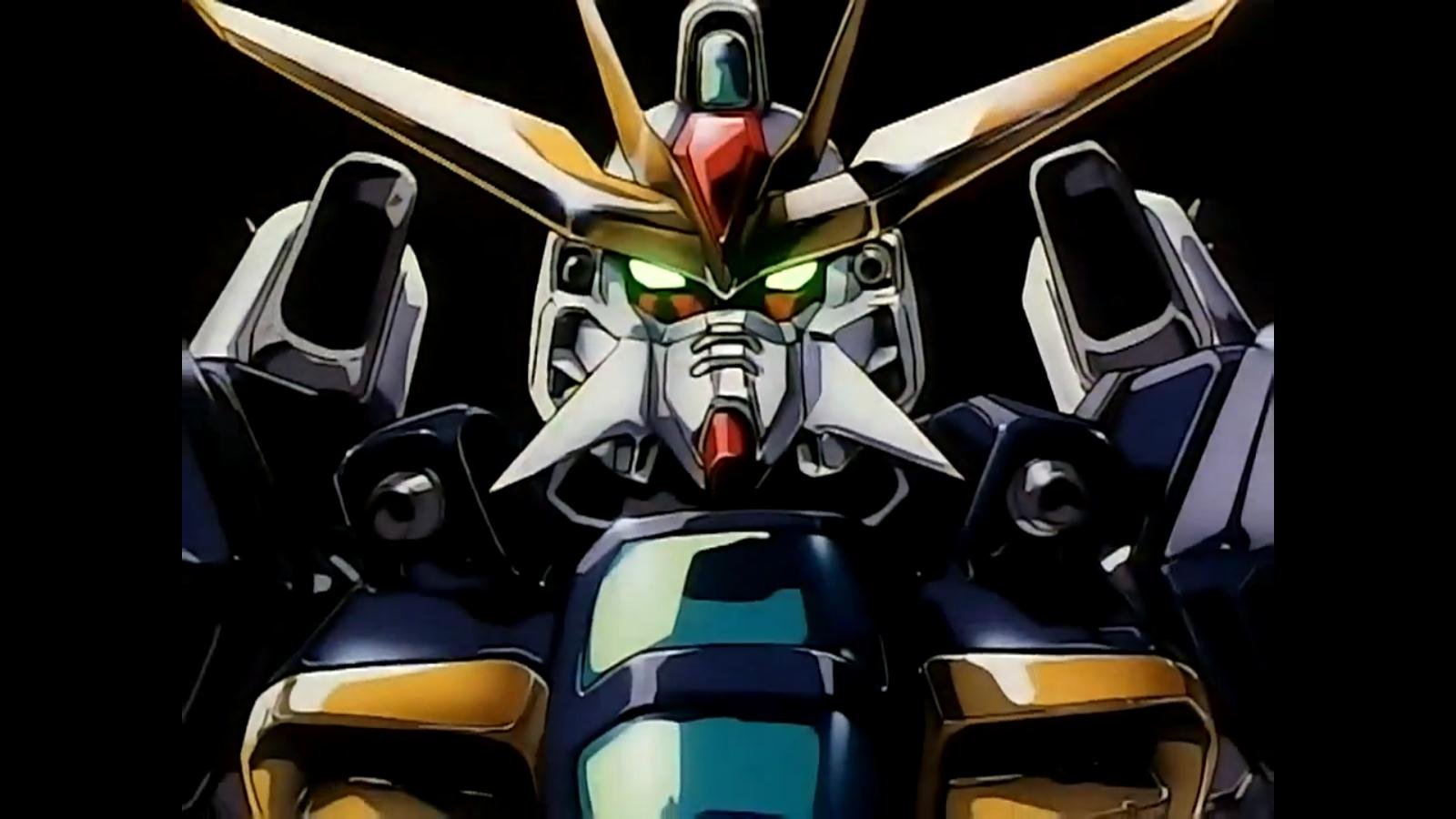
Despite often being overlooked by newer fans, After War Gundam X is a must watch for any Gundam lovers.

The fusion of Man and Beast and Machine. Dancouga became an iconic Super Robot that merged aspects of Super Robot with Real Robot.

Passion makes satisfaction. A group of student show what they can accomplish with a mecha short film that leaves you desperately wanting more!

The end of a legend dragged through the mud from the peak of success. Studio Gainax is a regrettable case where high execs ruin a respectable legacy.
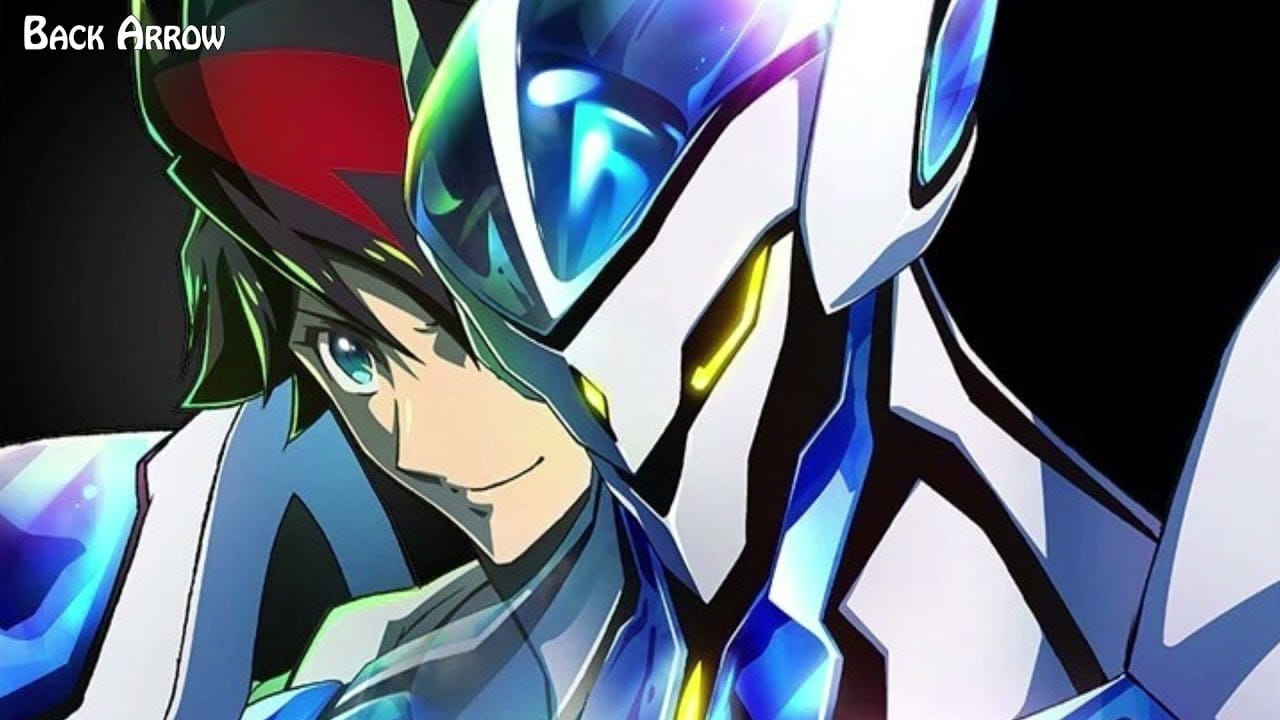
A man thrown into a stranger world naked ended up fighting against god. What more could you ask from a mecha show? Eh…maybe better writing?
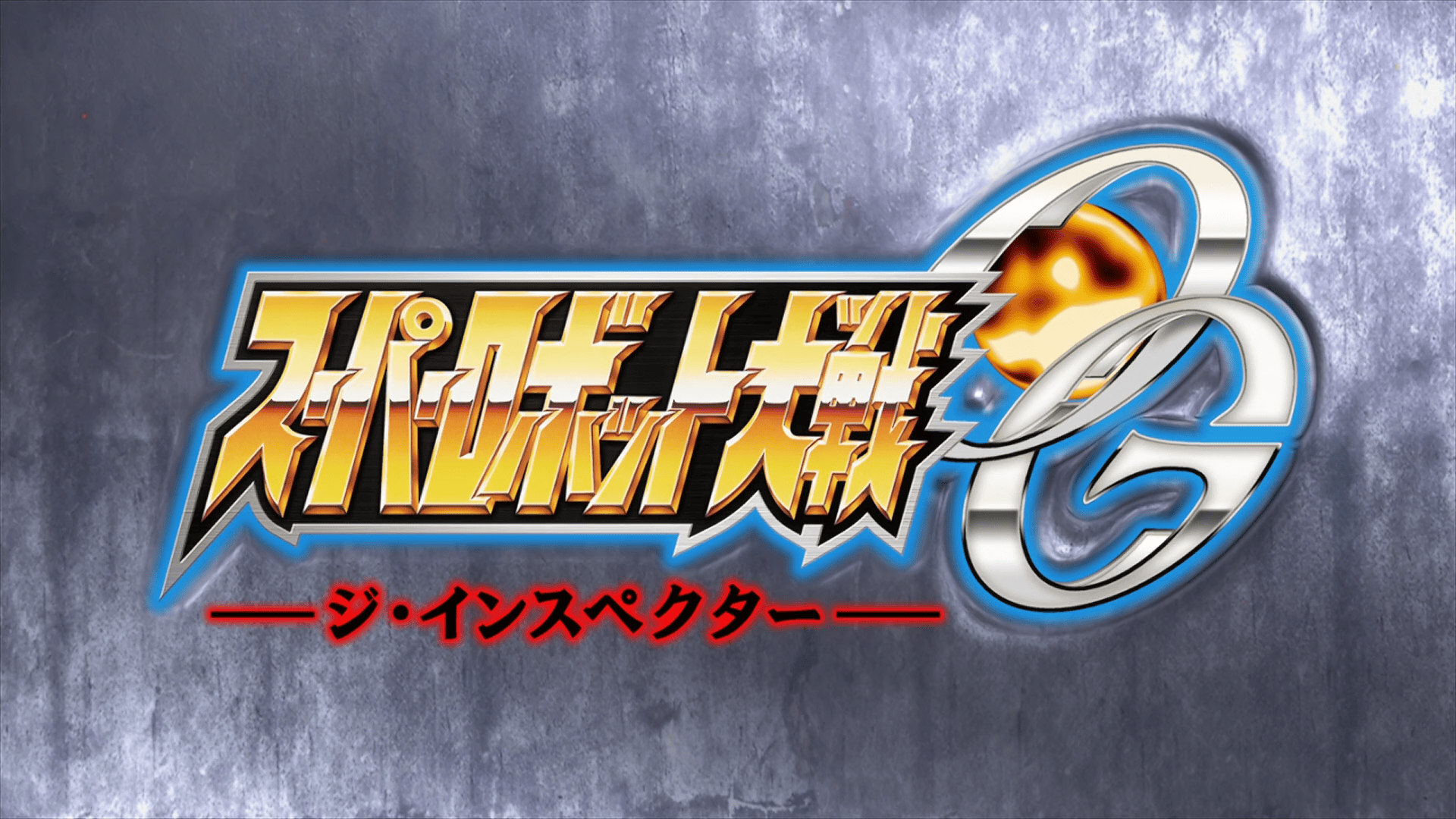
With utmost love for the Super Robot Wars series, Obari crafted one of the most prominent Mecha anime of modern generation.
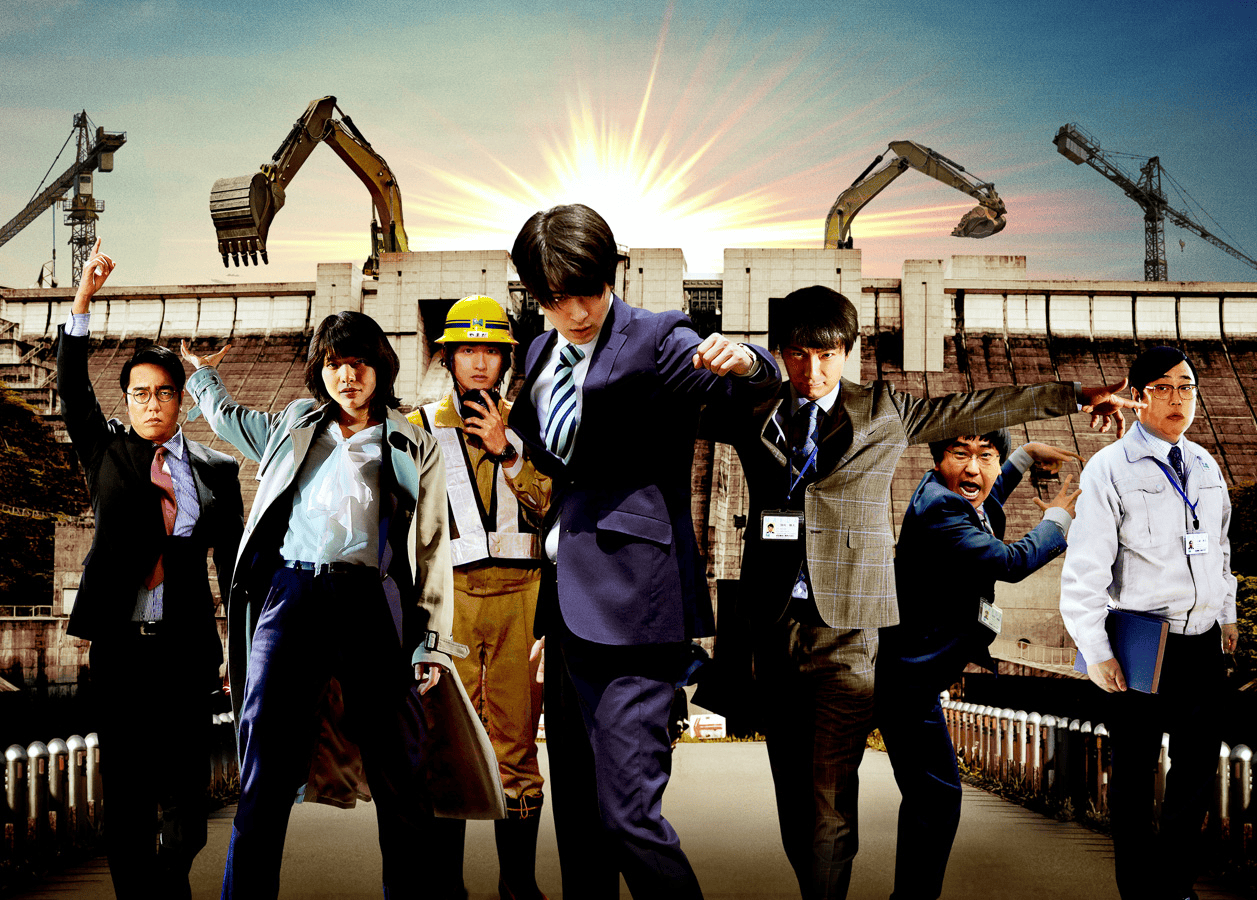
A seemingly impossible task of building Mazinger Z hangar in real life. A ragtag team of a planning company assembled the Fantasy Division to turn fiction into reality.

A light-hearted series that turned into intense space opera. The Girl Who Leapt Through Space leaps through many genre to deliver a unique experience and turn everyone’s expectation upside down.

A desolate planet now submerged in liquid. A totally unique and fresh mecha series where all the robots are underwater. Oh and there’s also a talking whale.
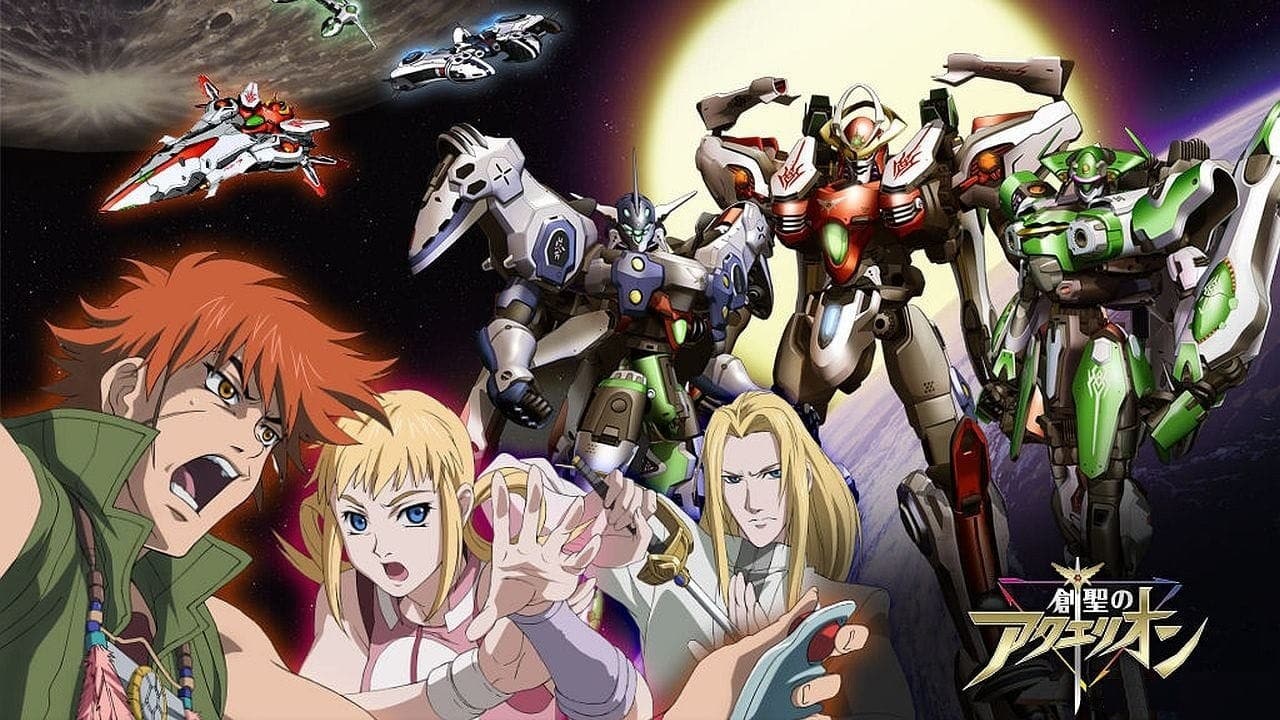
A love story that spans through 12000 years. The war between Angels and humans fueled by passionate emotions. Shoji Kawamori shows us why he’s the master of the sky.
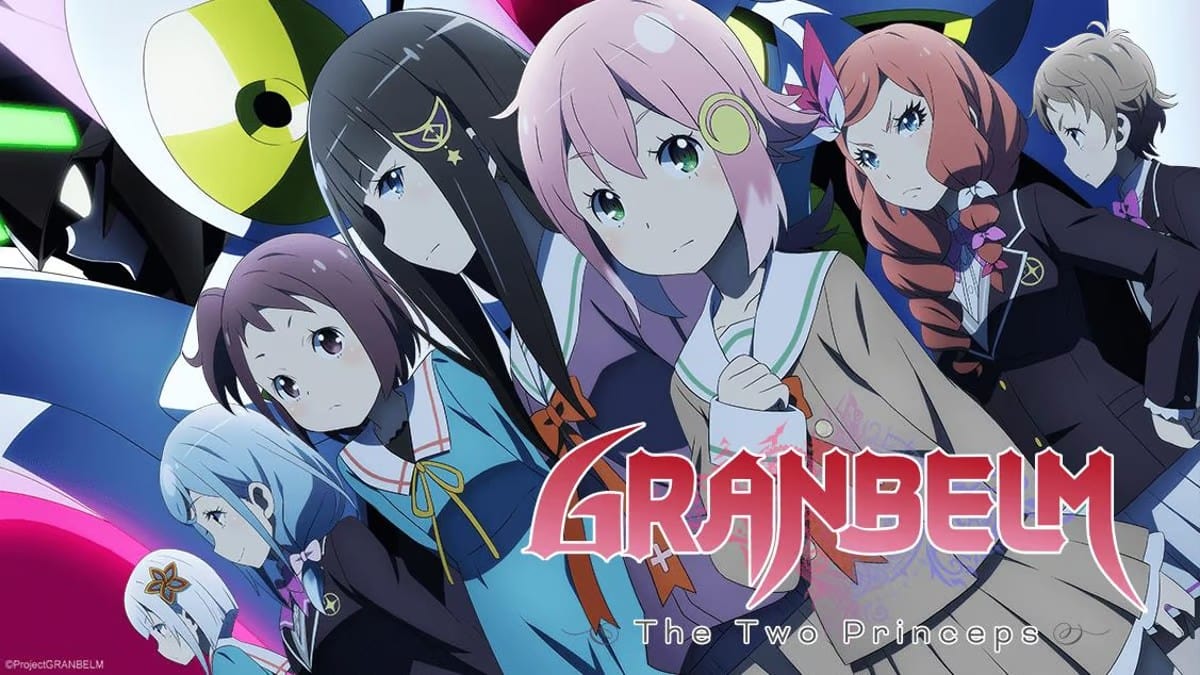
What happens if we mix Mahou Shoujo, Mecha and Battle Royale into one? We get Granbelm – an emotional story about the lives of young girls entangled in an ancient war.
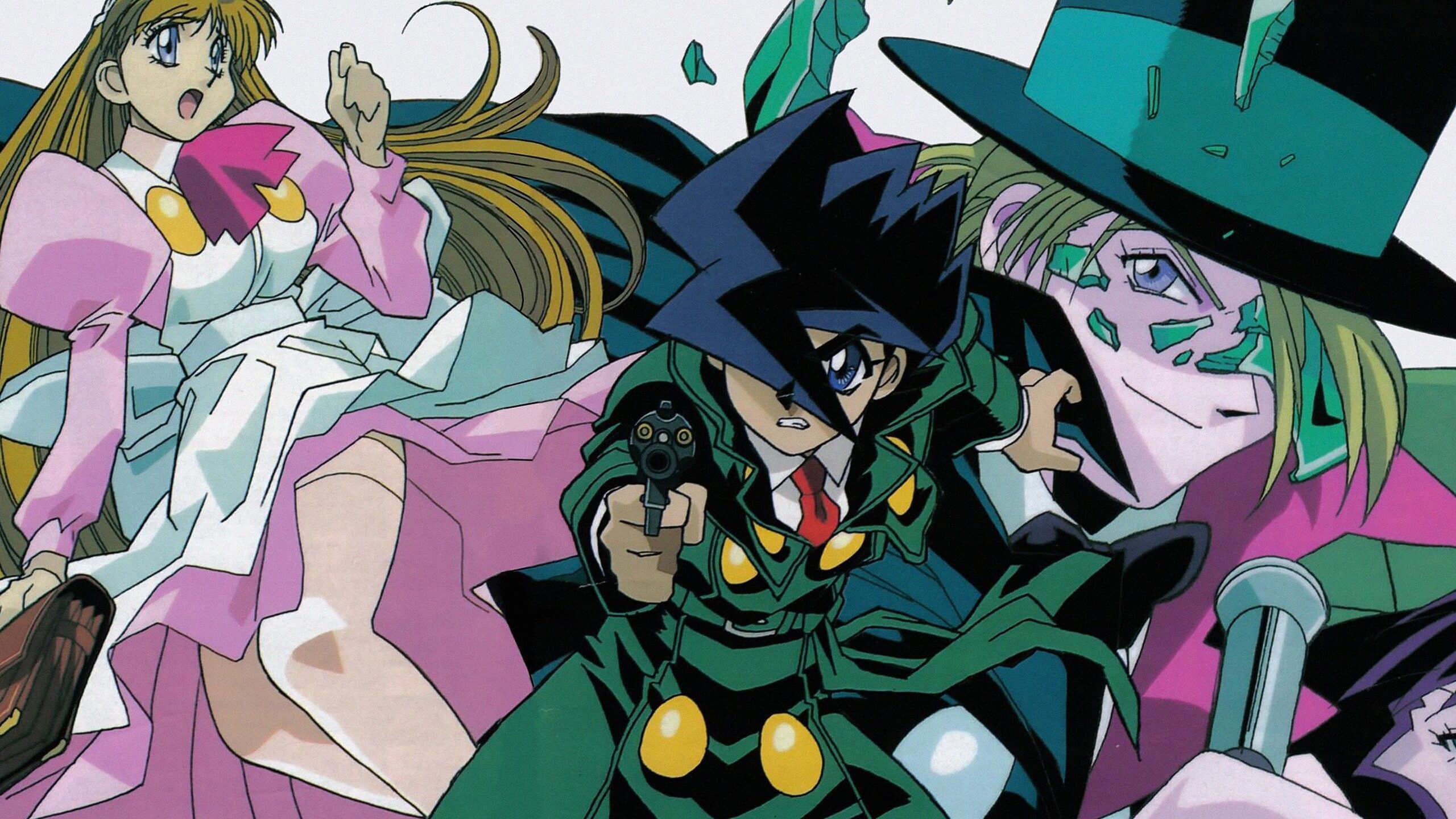
In the city of smoke and steam, a young kid works as a detective alongside his nurse and butler to protect the peace. An old classic for fans of the steampunk style.
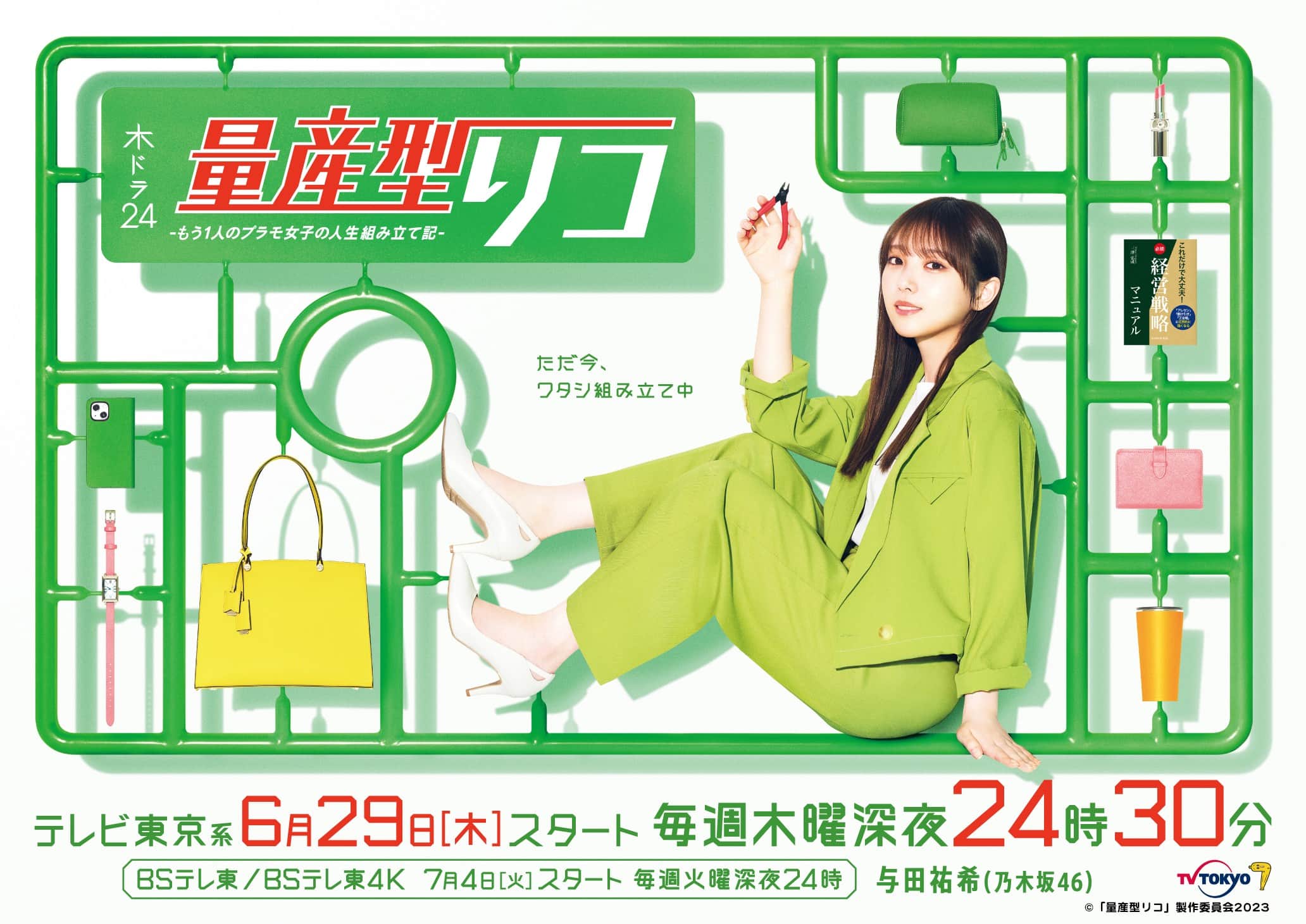
The 2nd season of the lovely Mass-Produced Riko series. Join Riko and co as they embark on an all new venture, while drawing interesting lesson from building plastic models.

The long-awaited continuation of the mecha isekai of pain. Season 2 of Muv-Luv Alternative is definitely trying to woo you by slamming intense scenes at you – but is it worth it?

One of the most difficult to adapt Mecha series, Muv-Luv Alternative anime started off with a questionable season, but you should still check it out.

A remake of another Tatsunoko hero. The Space Knight returns with a completely new story, design and brings us on an emotional journey of a tragic hero.
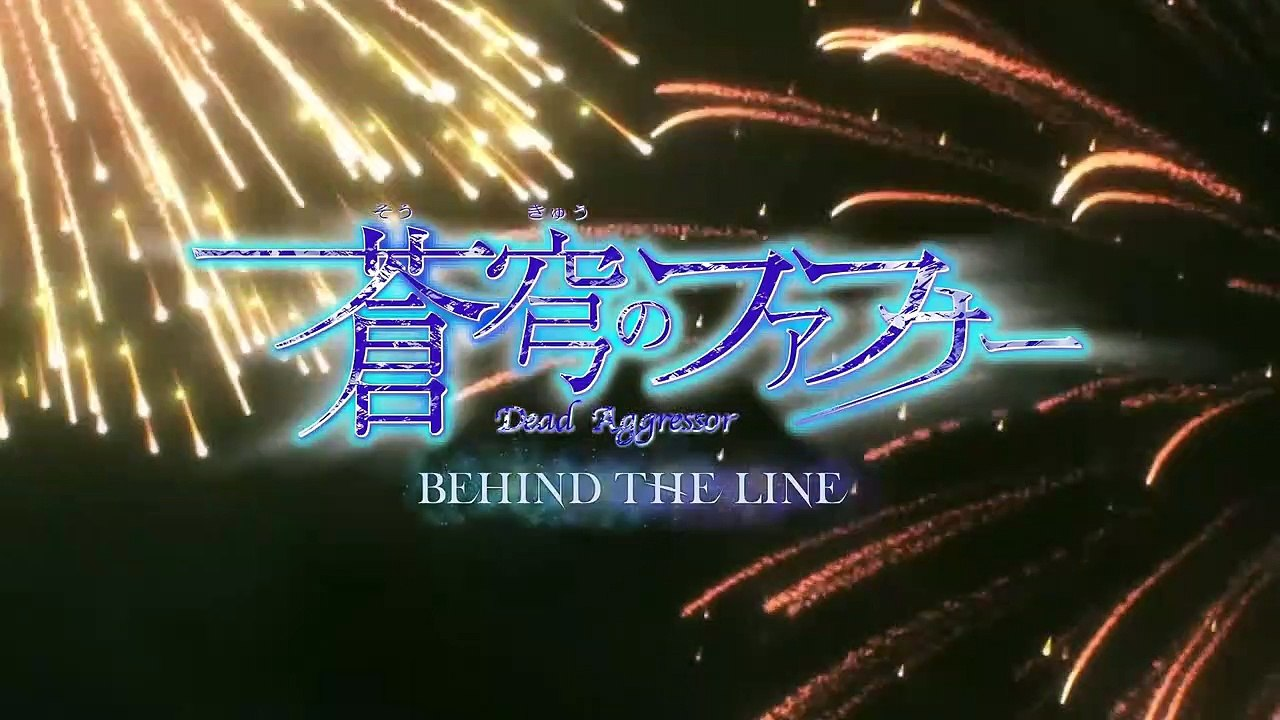
An OVA that took place between the movie and Exodus, Behind The Line shows us how the characters mature throughout the season, with a hint of retrospective nostalgia.
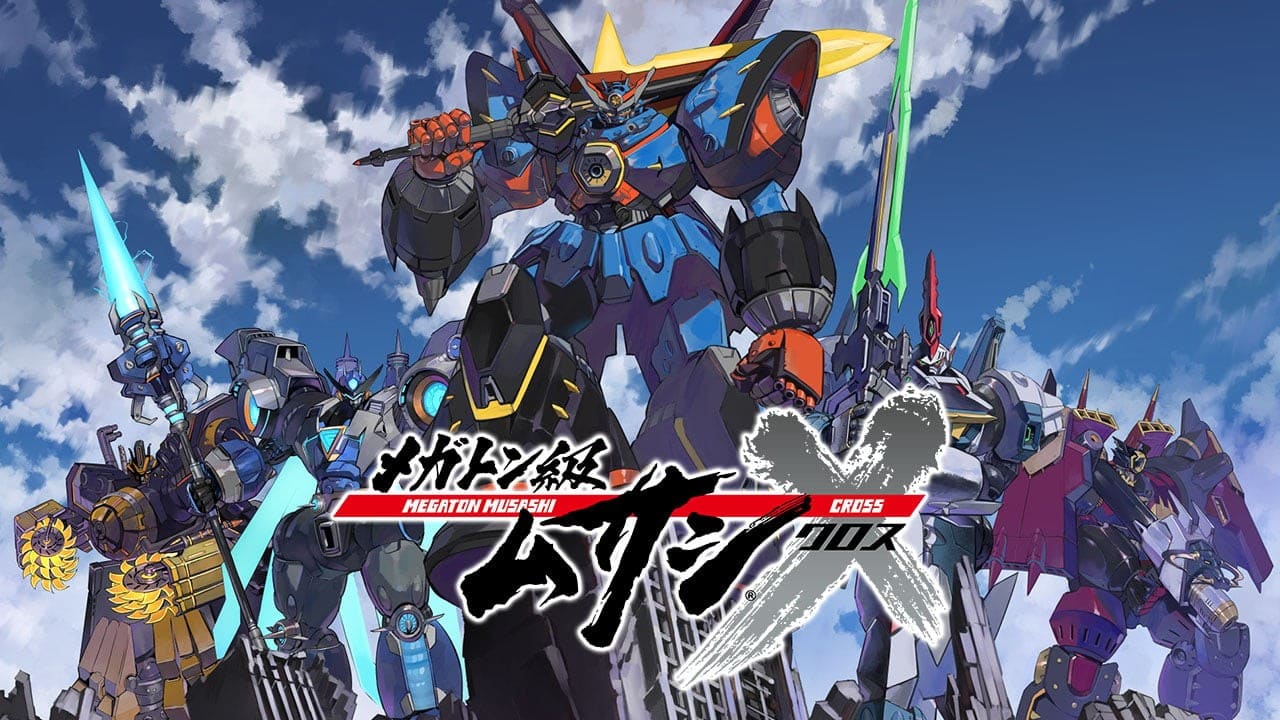
The continuation of the hot-blooded saga, this time filled with emotional drama and even more badass action. A great video game adaptation but not without flaws.
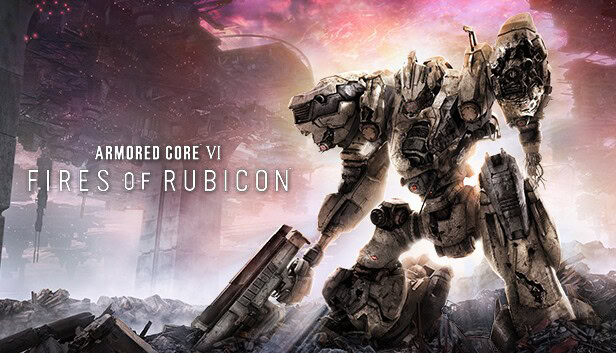
The long awaited legend’s return that satisfy all mecha fan’s longing for a good game. Armored Core 6: Fires of Rubicon is an experience you have to play to believe.
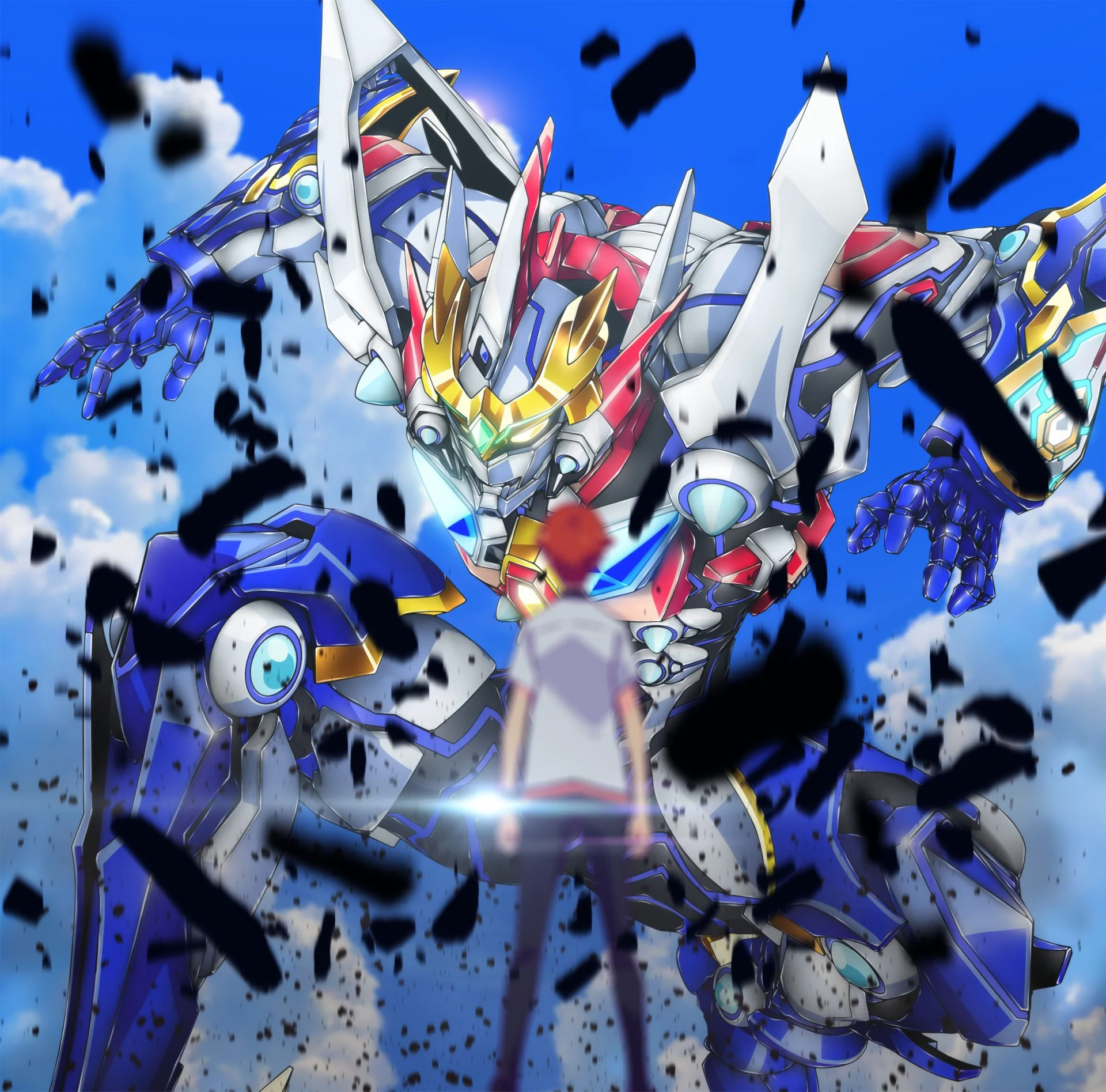
Universes collide as the cast of Gridman and Dynazenon is caught in a dimensional anomaly. But what’s more troubled is Yuuta – who has to become Gridman again with a troubled heart.
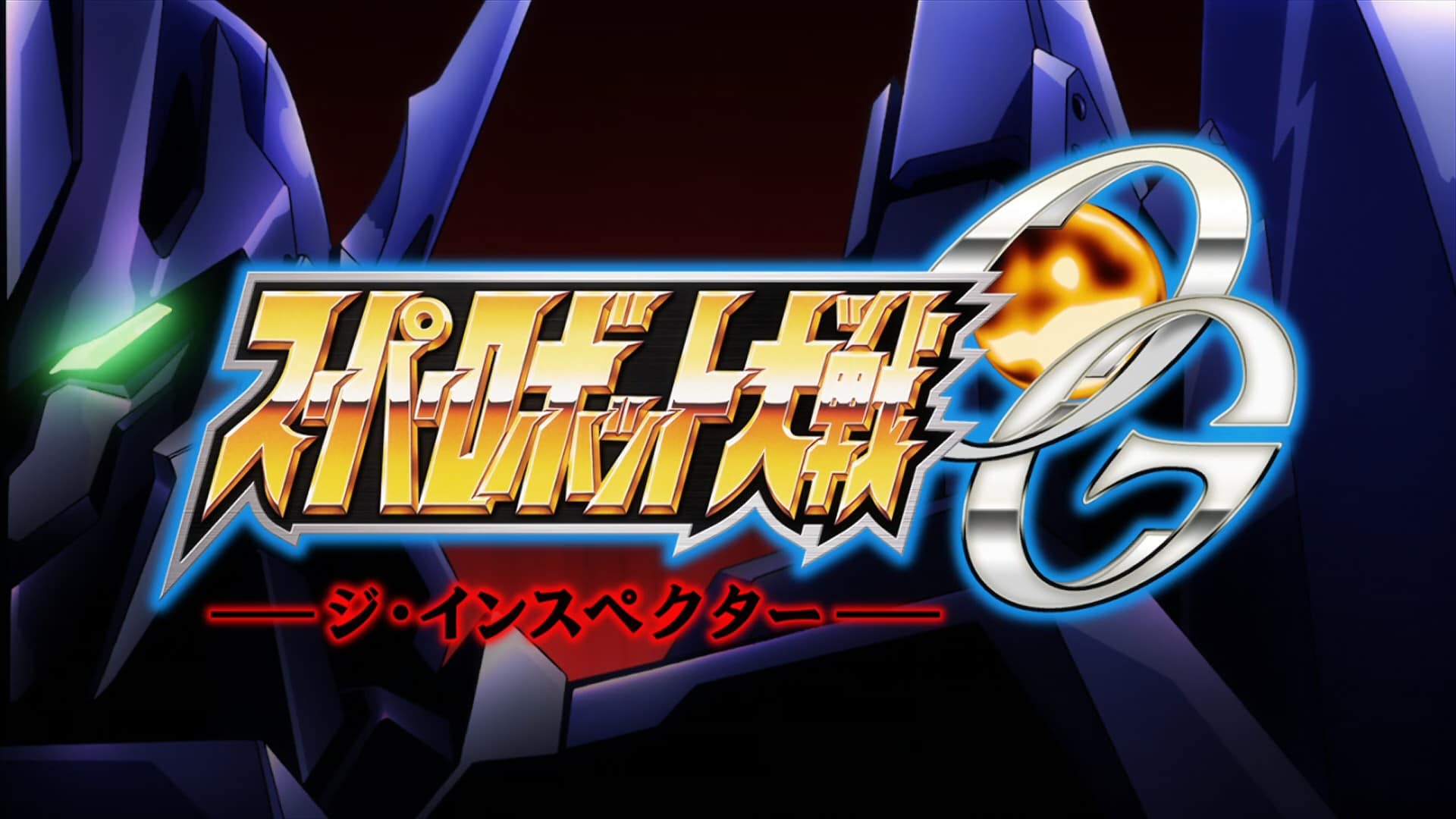
When you talk about the most badass mecha, you have to mention SRW OG and Masami Obari. And when these two combine, you get the best SRW anime of all time.
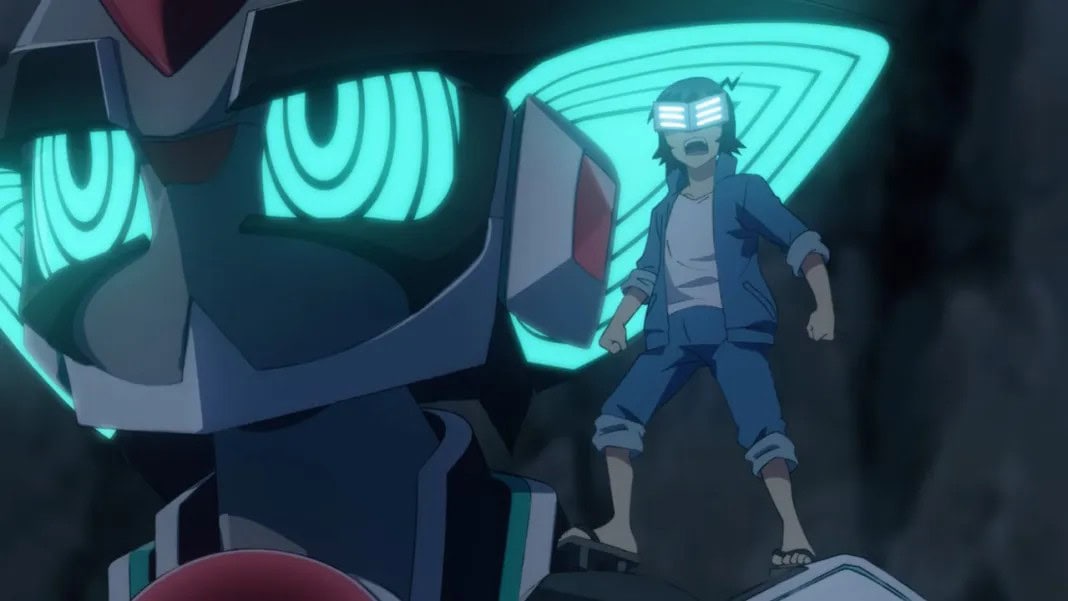
A unique series where the true pacifism versus justice. A bold premise and interesting gimmick make Planet With a very selective series in terms of audience – but it definitely deserves a chance.
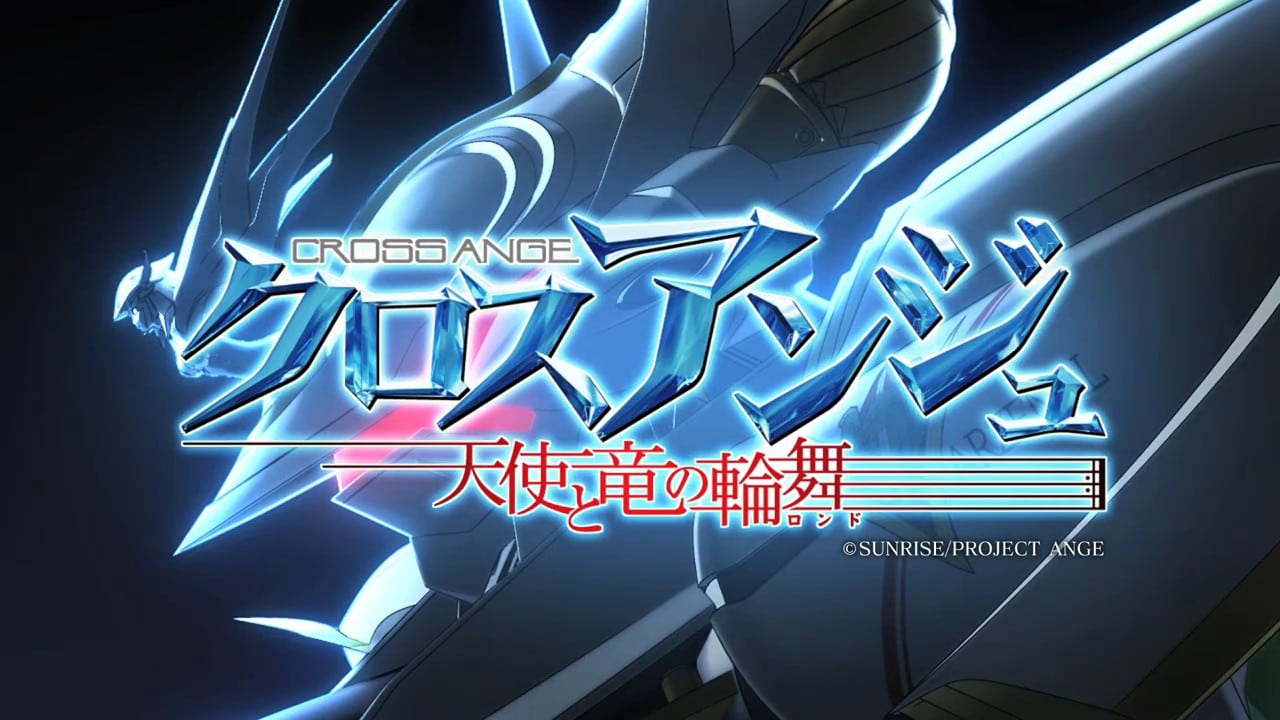
From the studio that created Buddy Complex and Valvrave, Cross Ange is another Sunrise’s original that challenges the limit of its audience once more .
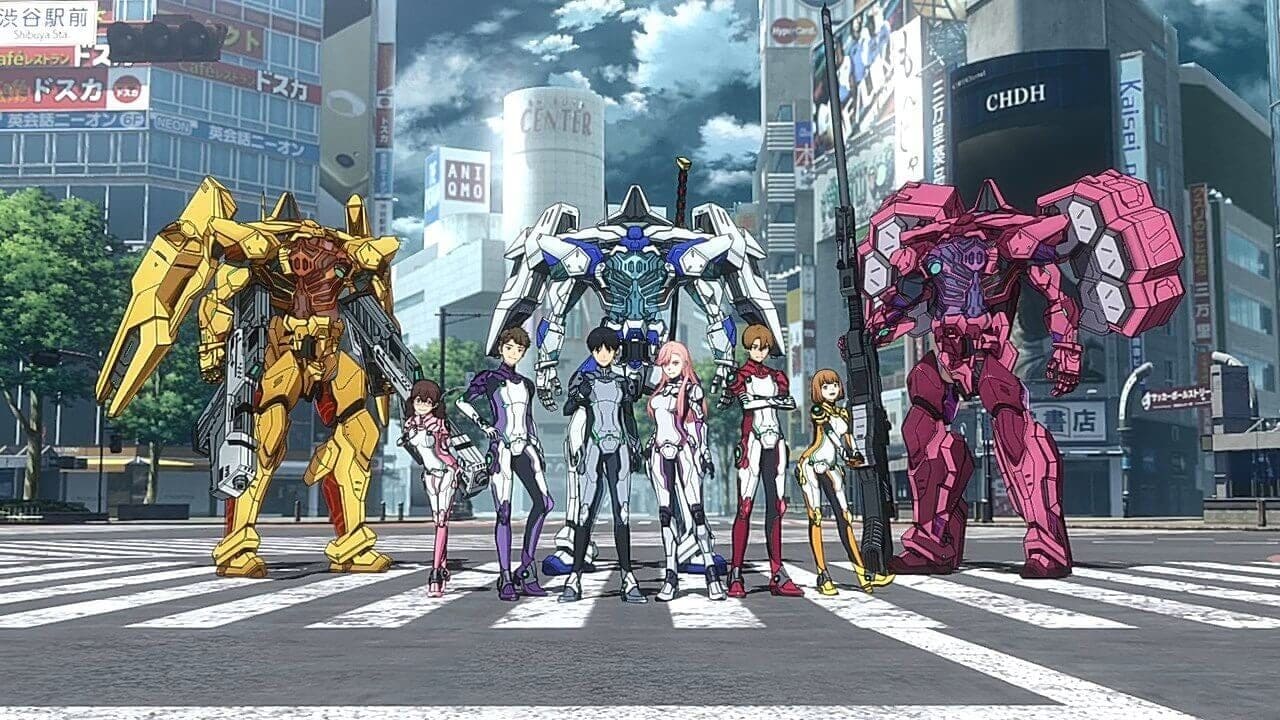
What will you do if you’re teleported to a time with giant grotesque monsters? For teenage student Daisuke Doujima, it’s a perfect chance for him to become a hero, and a saviour. But can he?
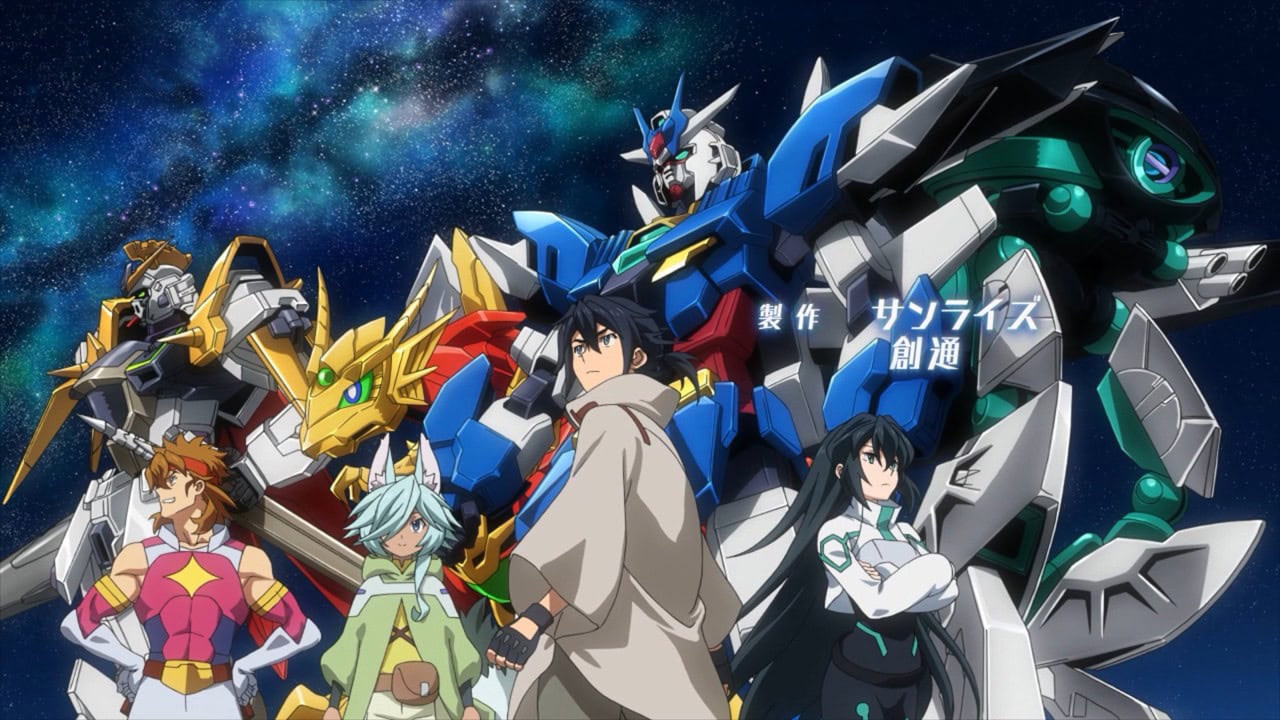
After 2 lukewarm series, Gundam Build rose to form again with Re:Rise. A story with deep characterization for a diverse and likeable cast and awesome Obari action.

Time to go digital! Build series is going full SAO and virtual with Build Divers – a light-hearted series and fun to enjoy without the need to complicate things.
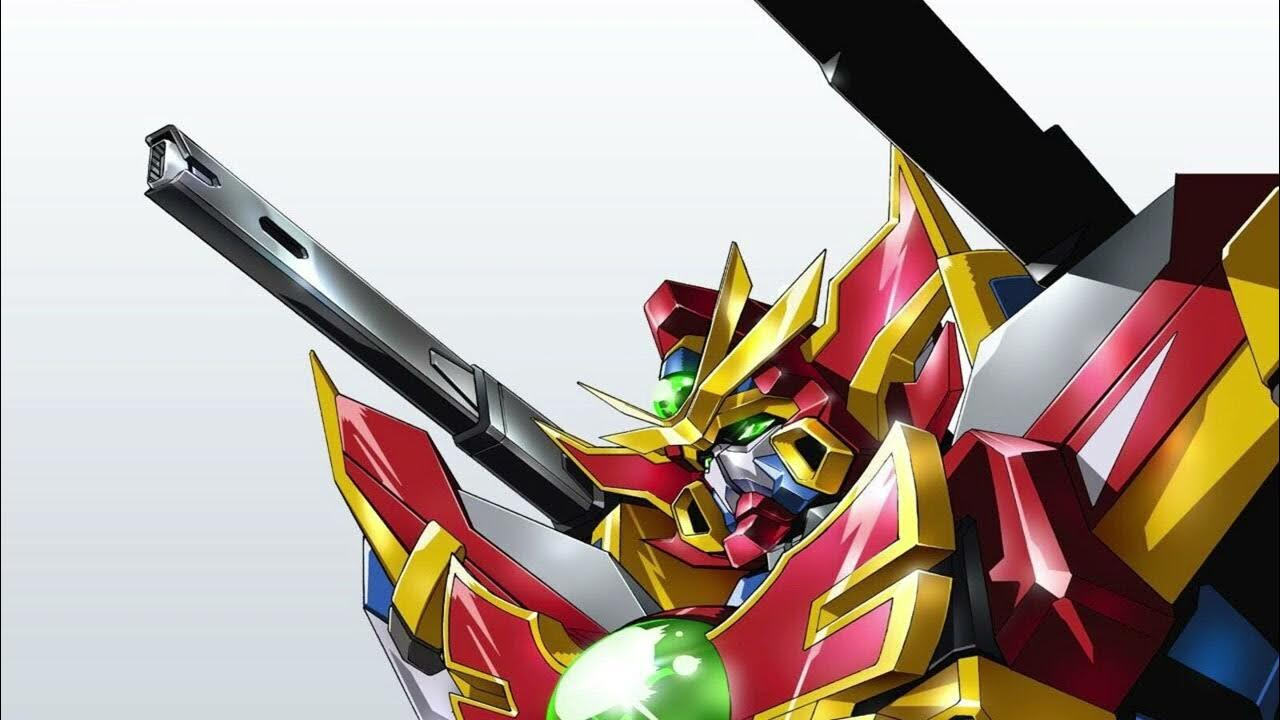
The Super Graviton God is back! And this time the threat just got more vile. But Gravion also receive an upgrade…in true Obari fashion. Let’s see how the sequel holds up!

Following GBF, Sunrise wanted to capture the magic with TRY. However, they fell just short of greatness but still create a series with amazing Gunpla battles.
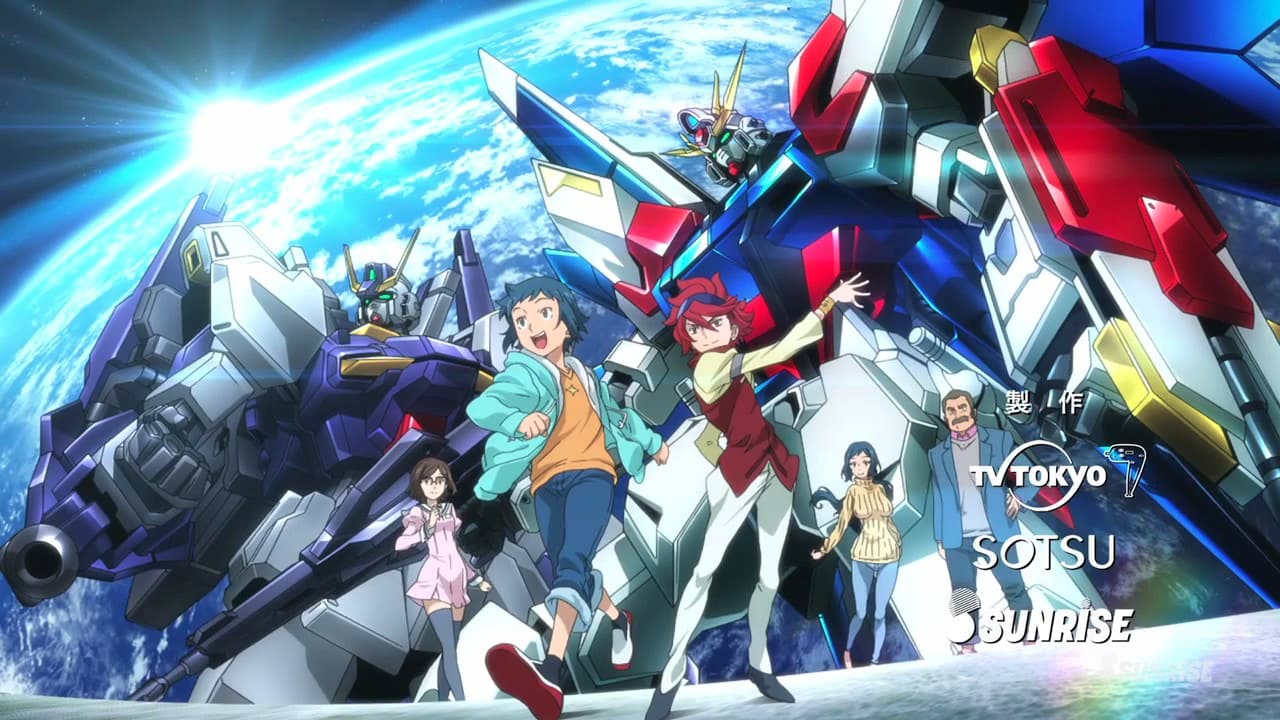
A hobby turned combat sport. Sunrise’s effort to attract new fans turned into a compelling series with gorgeous battles featuring iconic MS from the franchise.

The first animated Build series, Beginning G opened up new venues and excitement for the hobby, with light-hearted yet intense traditional MS battle.
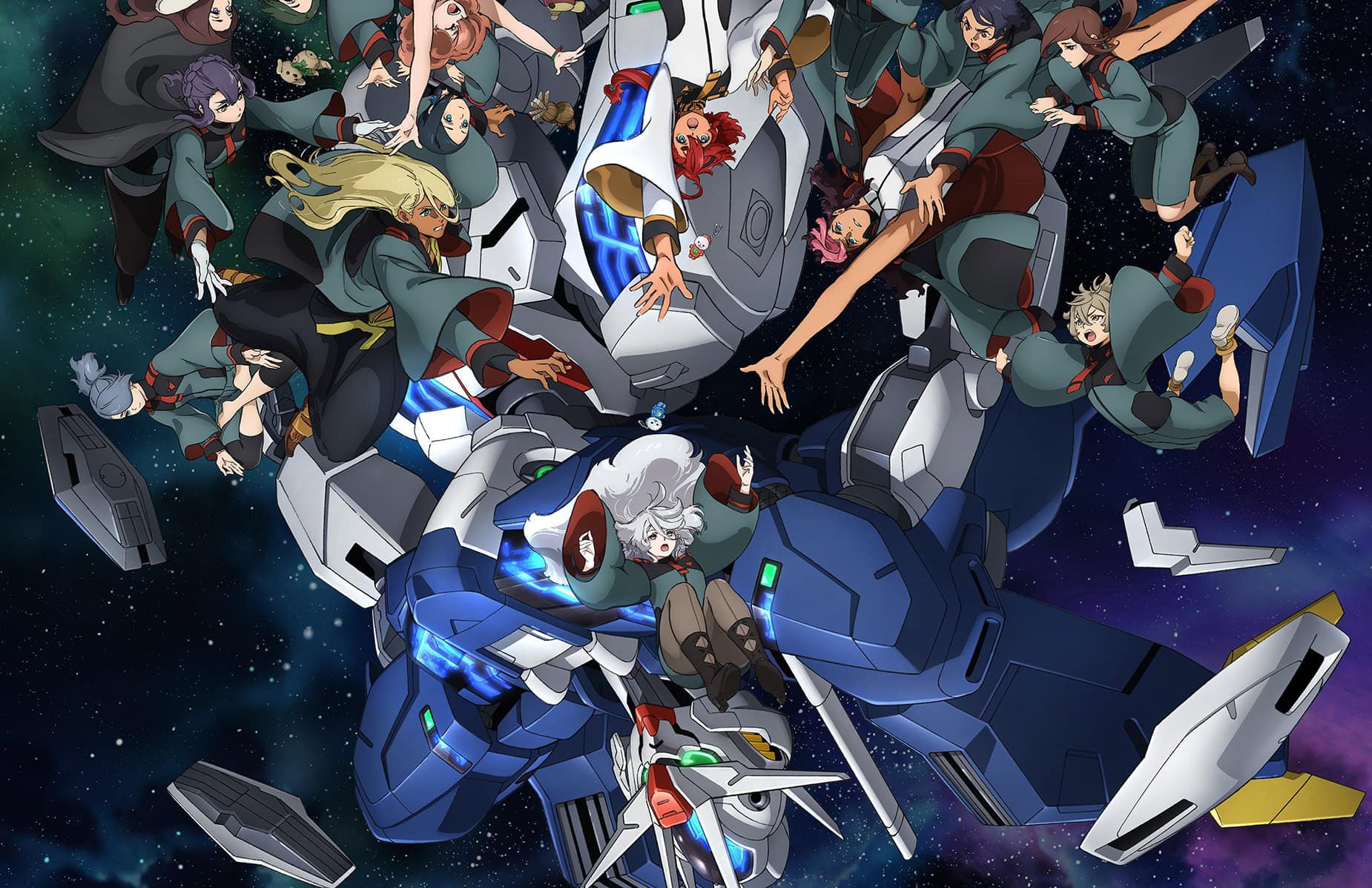
The shortest tv series Gundam ever, but was one of the most popular. G-Witch put Gundam back on the mainstream map, but do fans love it like non-fans do? The answer is quite divisive!

A heavy-weight in Masami Obari’s repertoire. Choujuushin Gravion is average in production quality, yet it is imbued with the spirit of the most badass over-the-top director of all time.

Do you want a Gundam series with a brighter tone but still has banger battles? Then Metal Armor Dragonar is a perfect series for you!

A Super Robot versus Alien mecha series, but this time it’s also infused with the intricacies of human’s most sacred bond: Marriage. Godannar put that relationship to the test!

A series about building regular model kit, and using them to find inspiration in life. A very uplifting and chill series for mecha fans to change their perspective on their hobby.

The sequel to SEED – a series that brought Gundam on top of the radar. Destiny is a sequel that earned both the intense love and hate within the fandoms.

The 3rd Tokusatsu series by Director Anno Hideaki. Shin Kamen Rider revisits the core message of what it means to be a Rider and to fight for justice while putting a modern spin on it.
